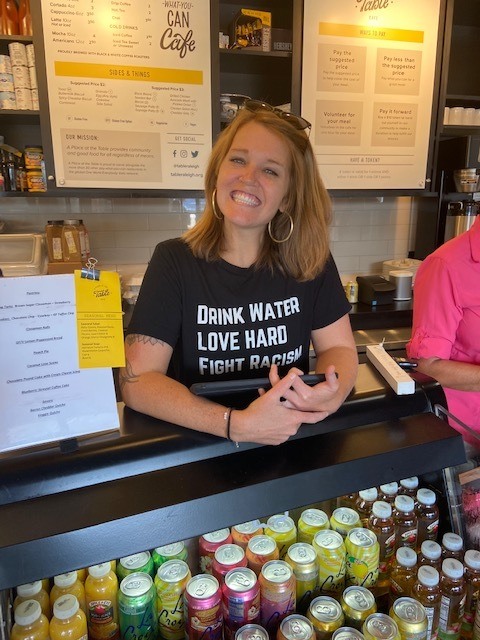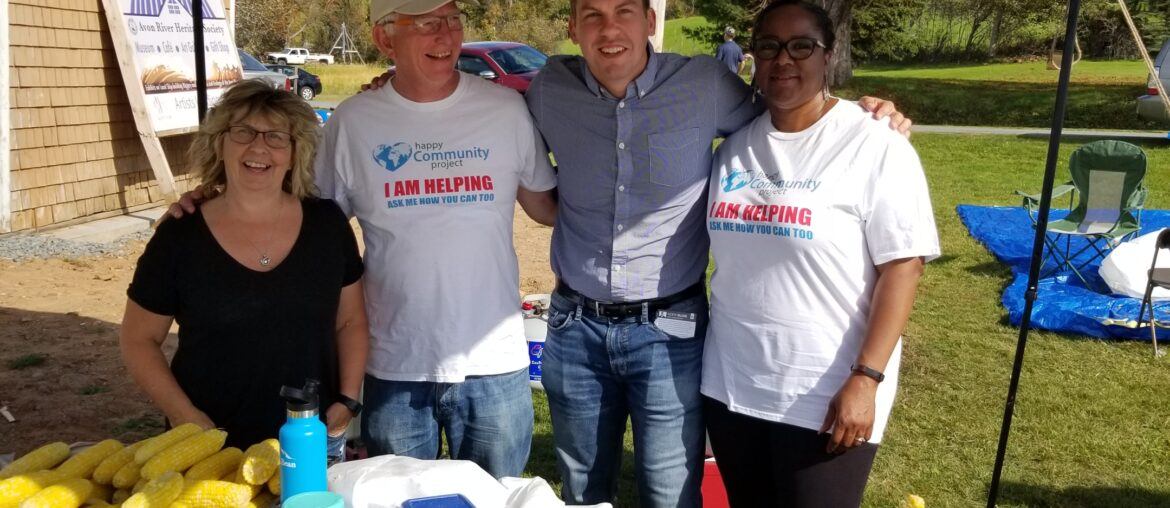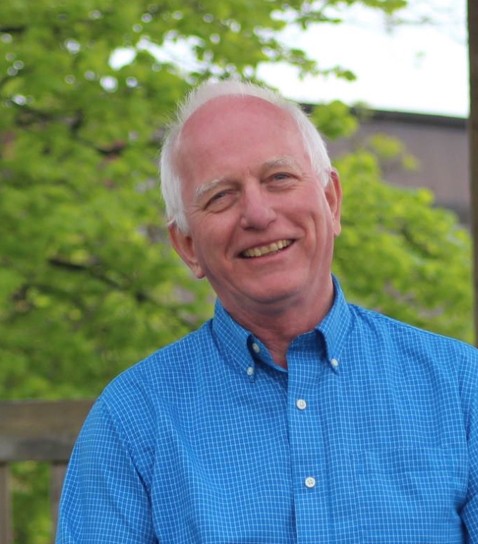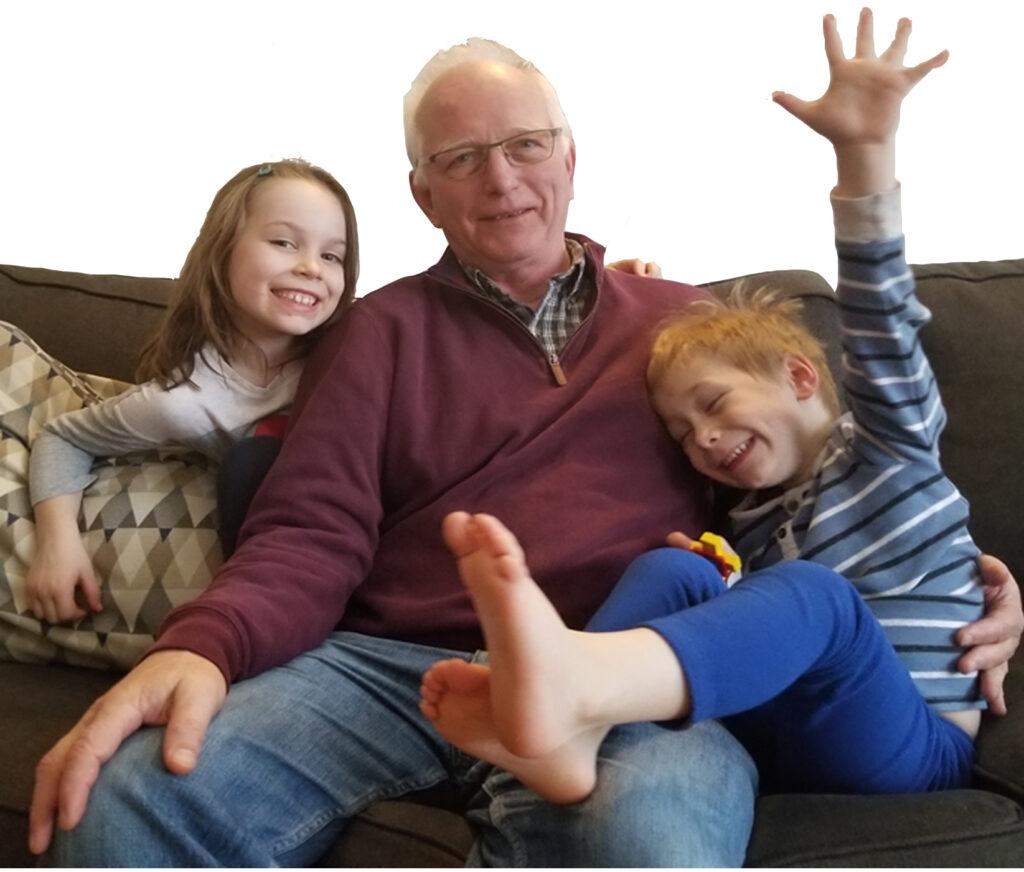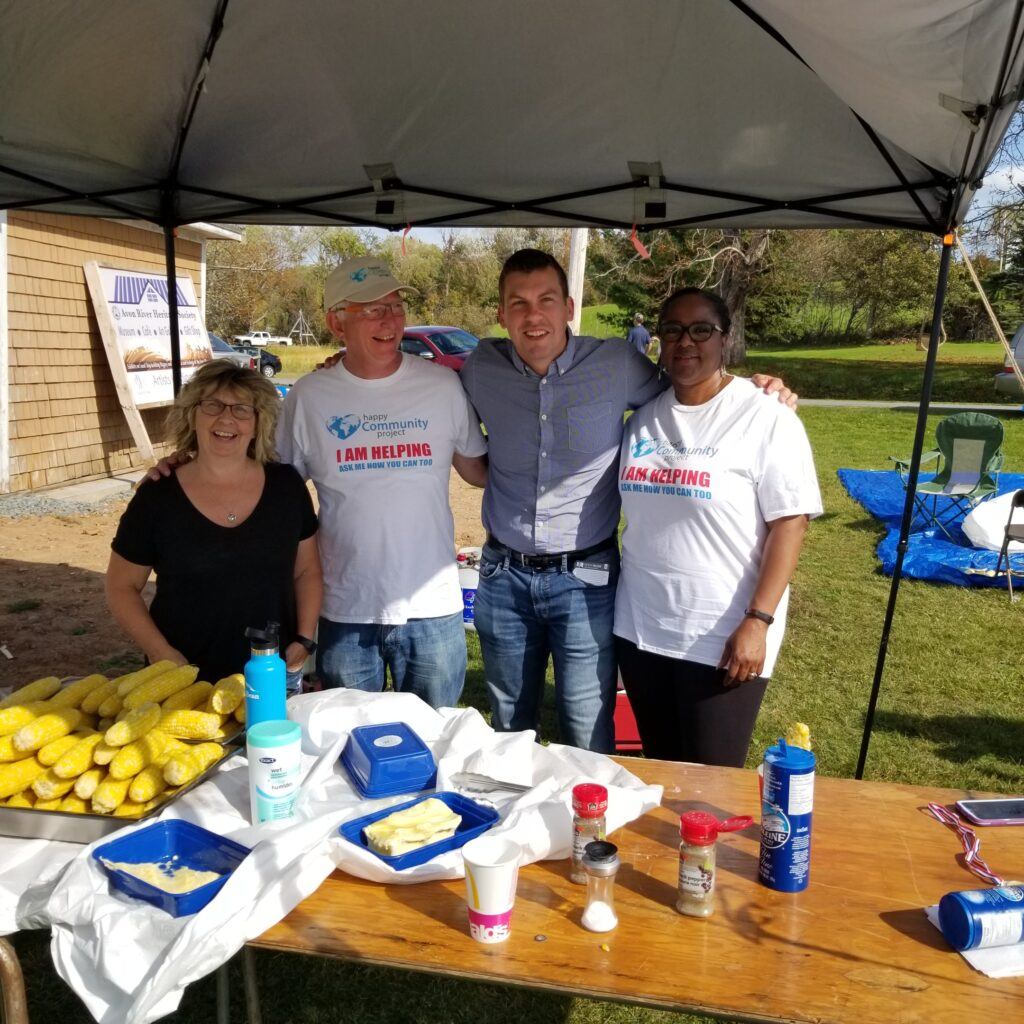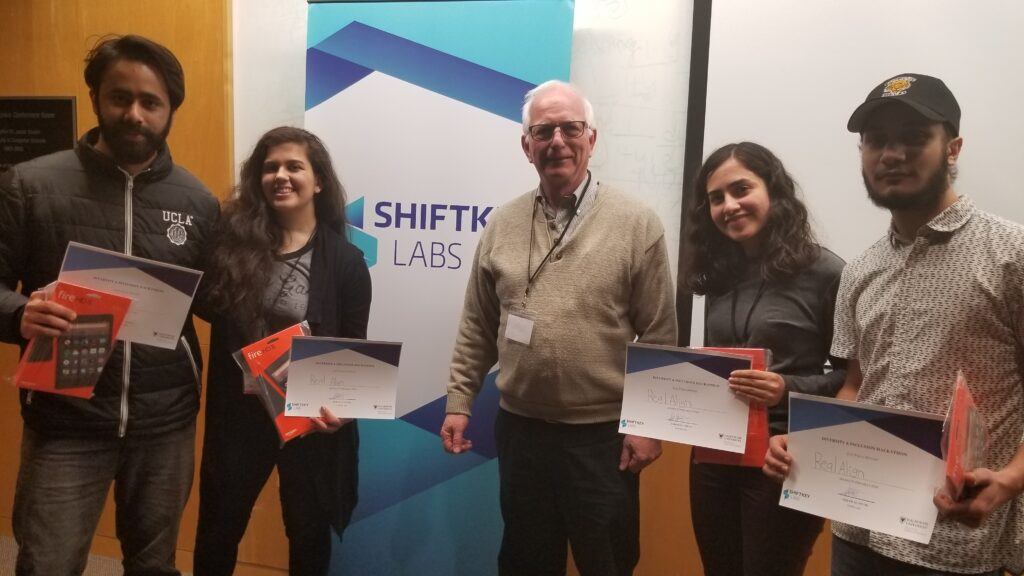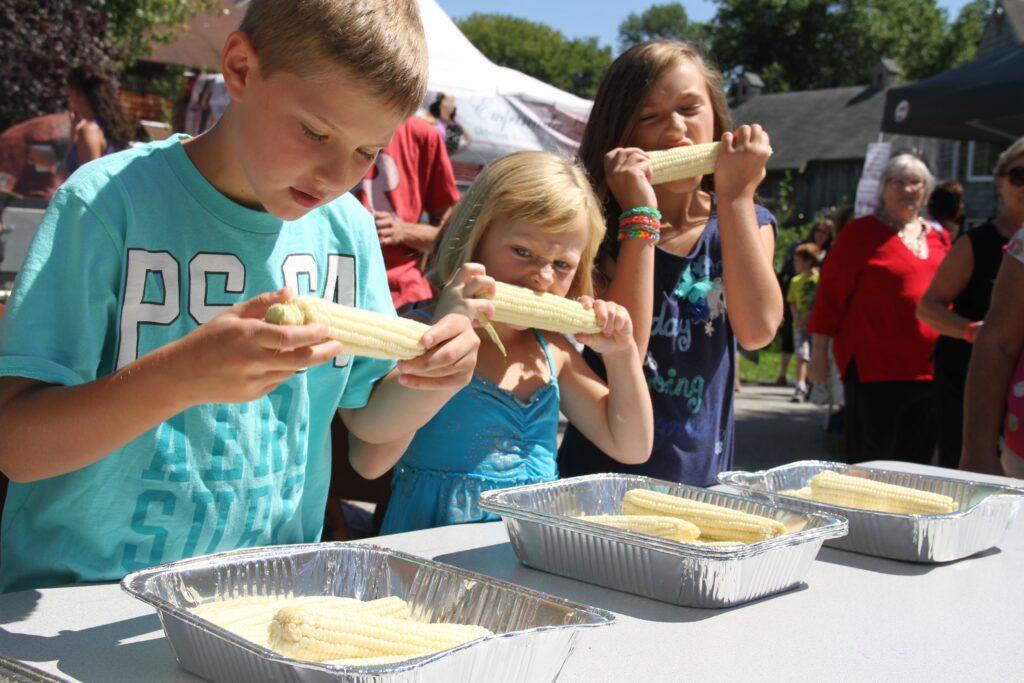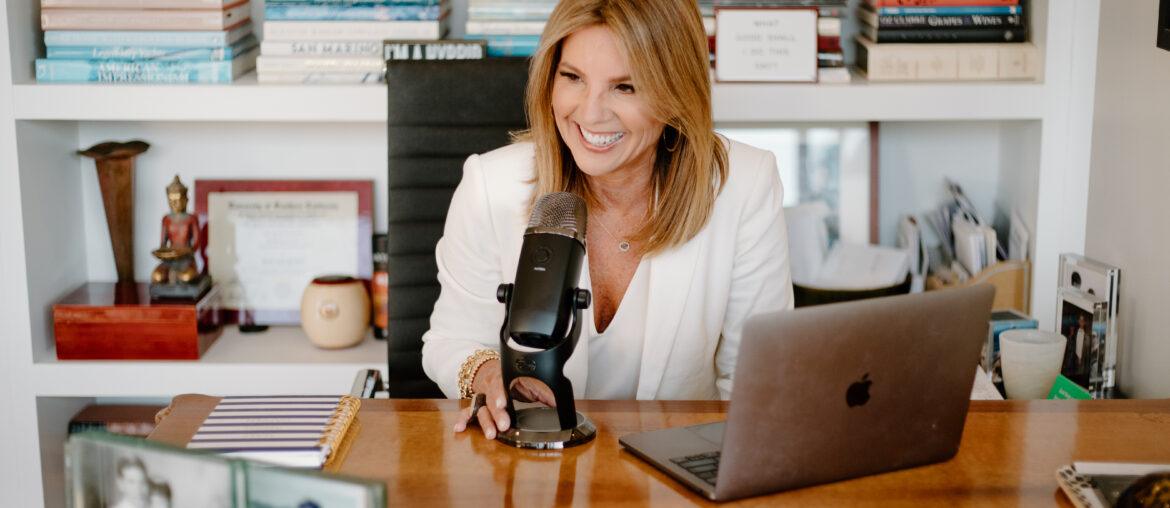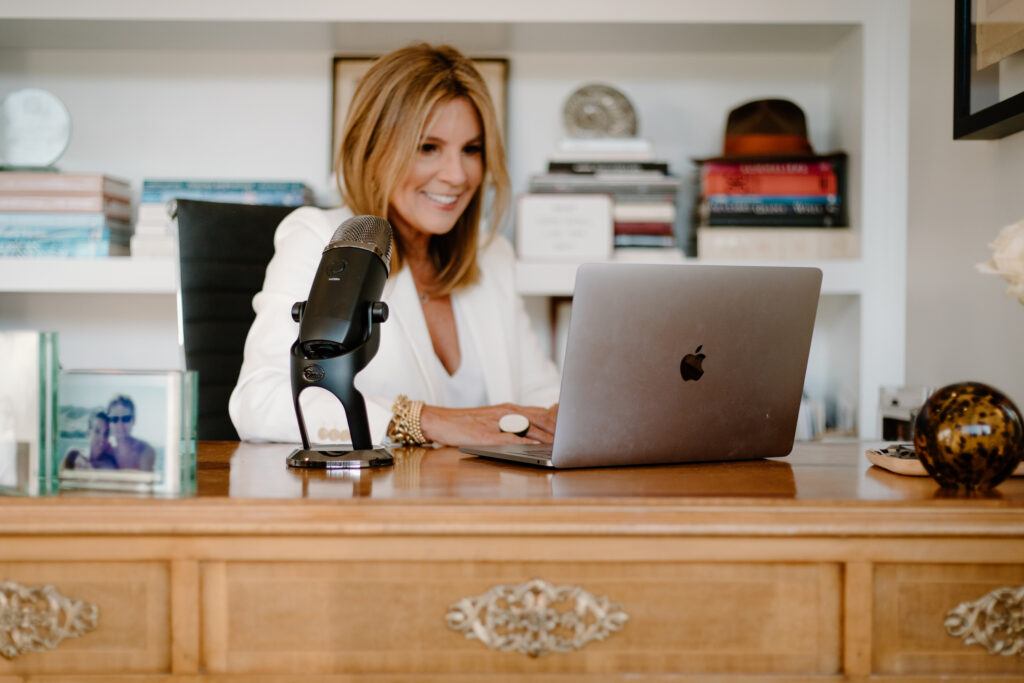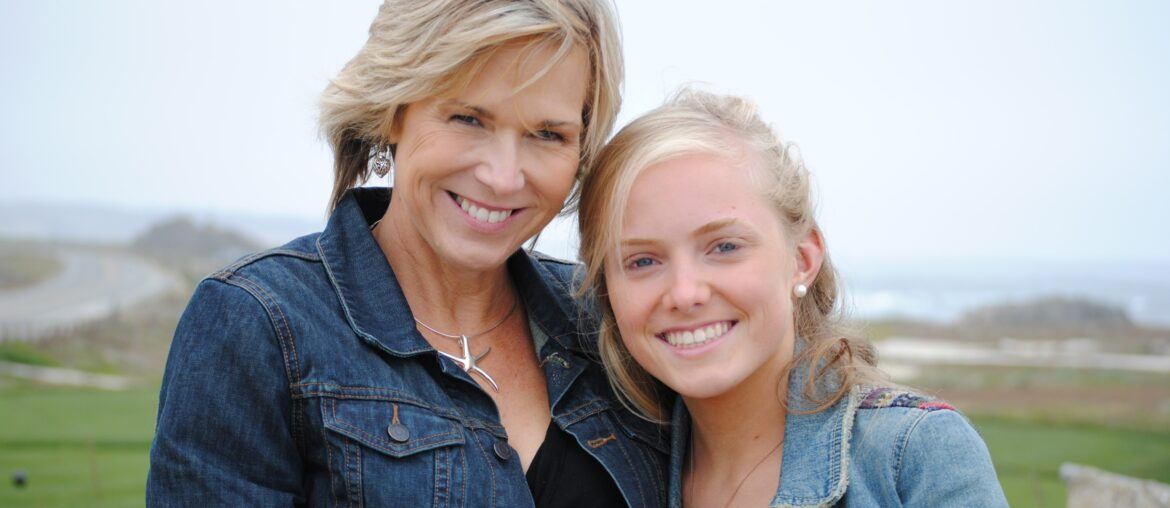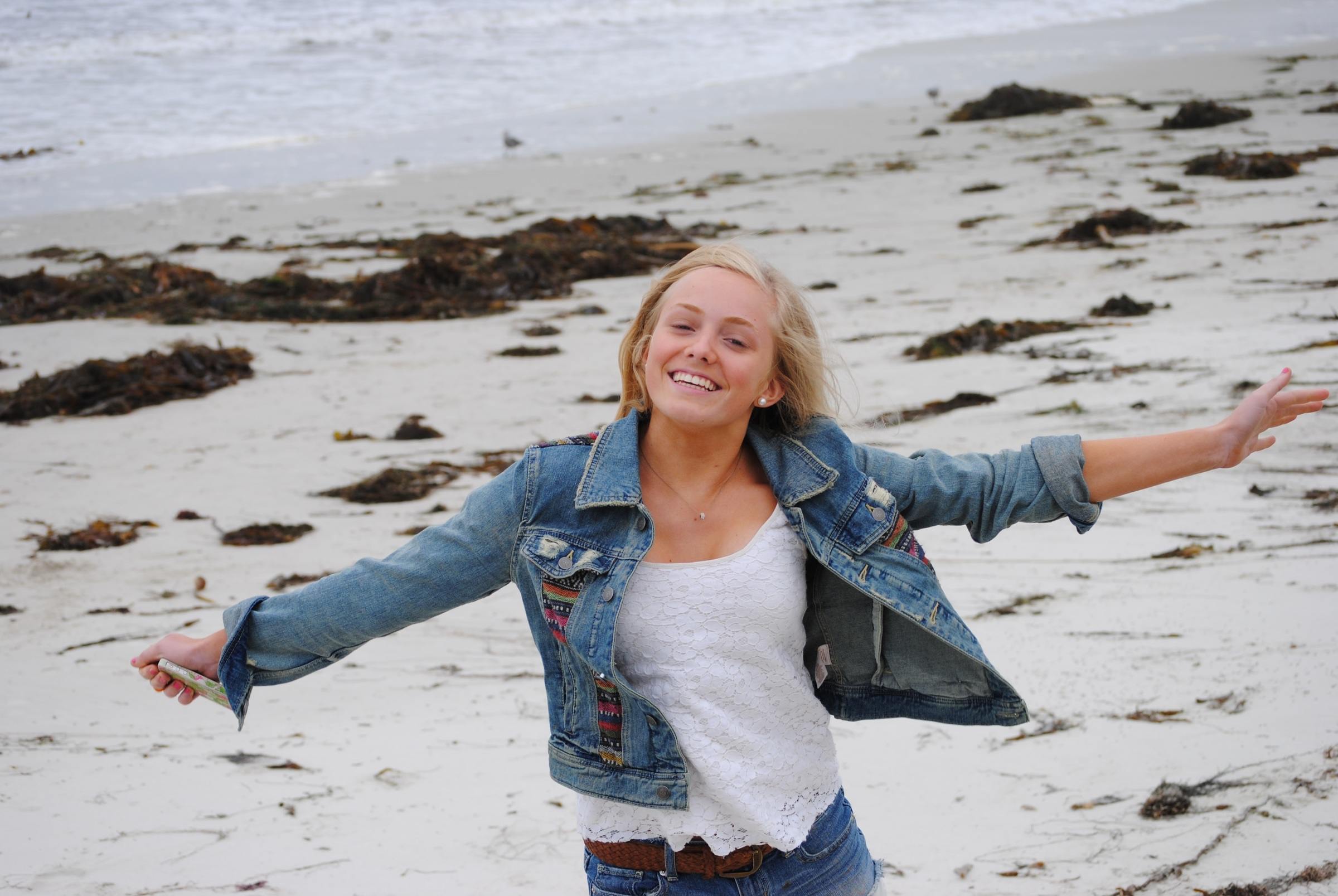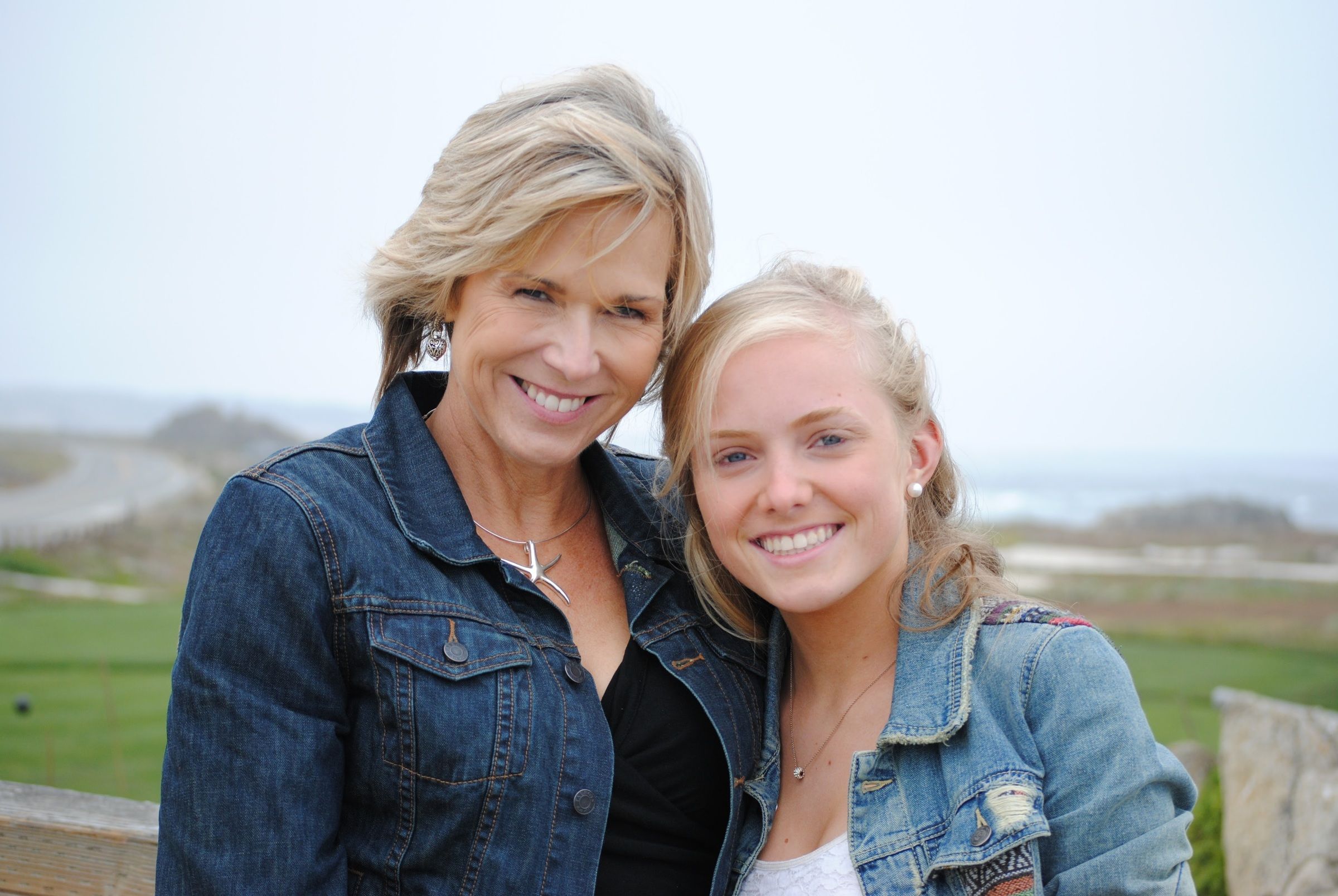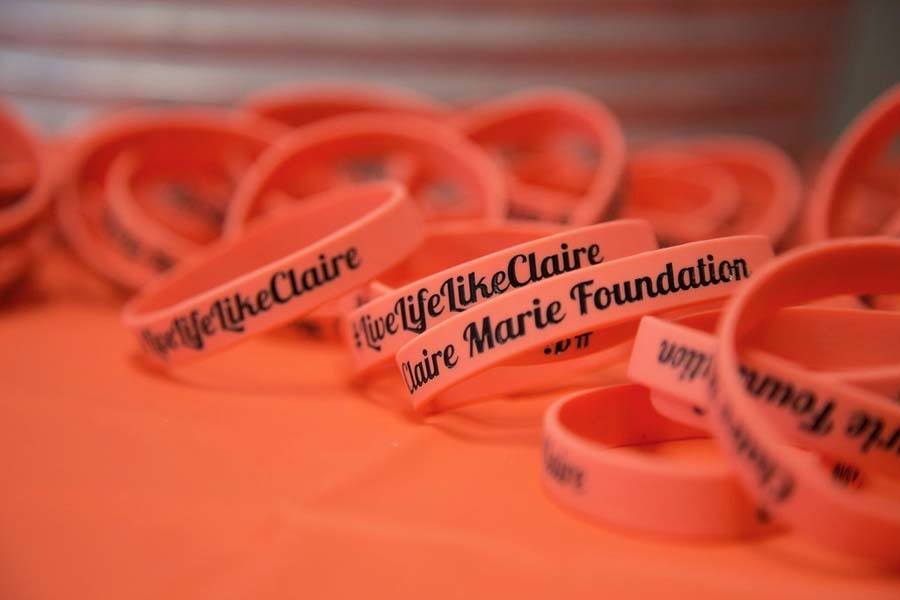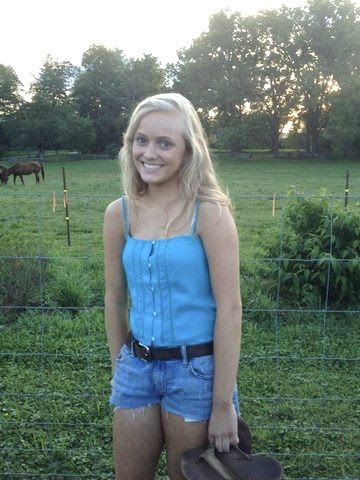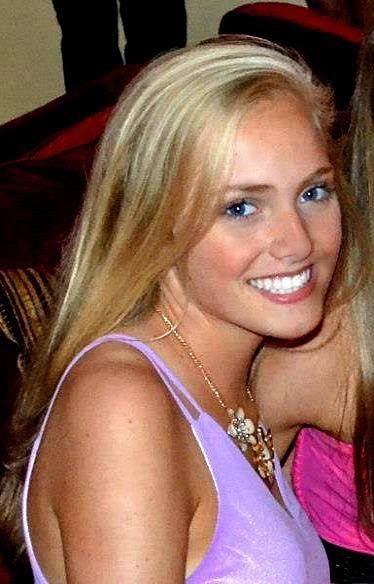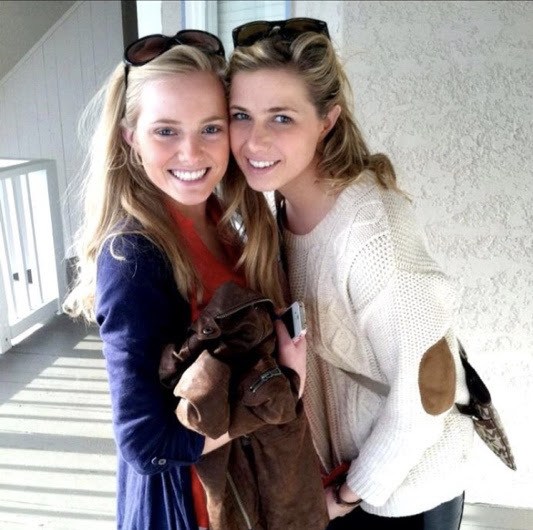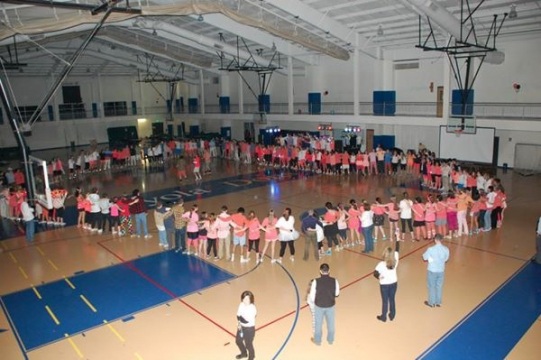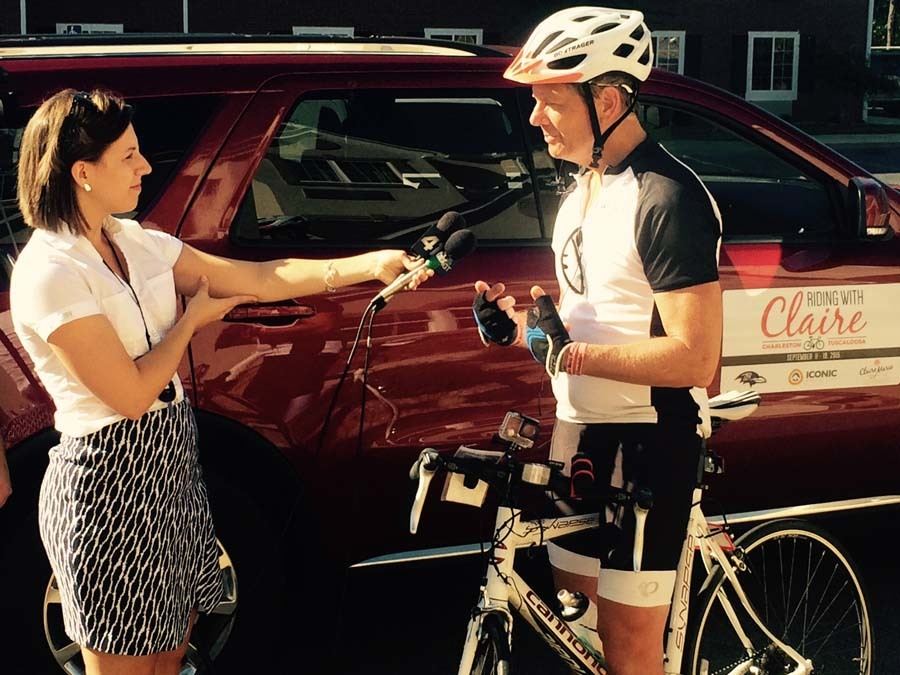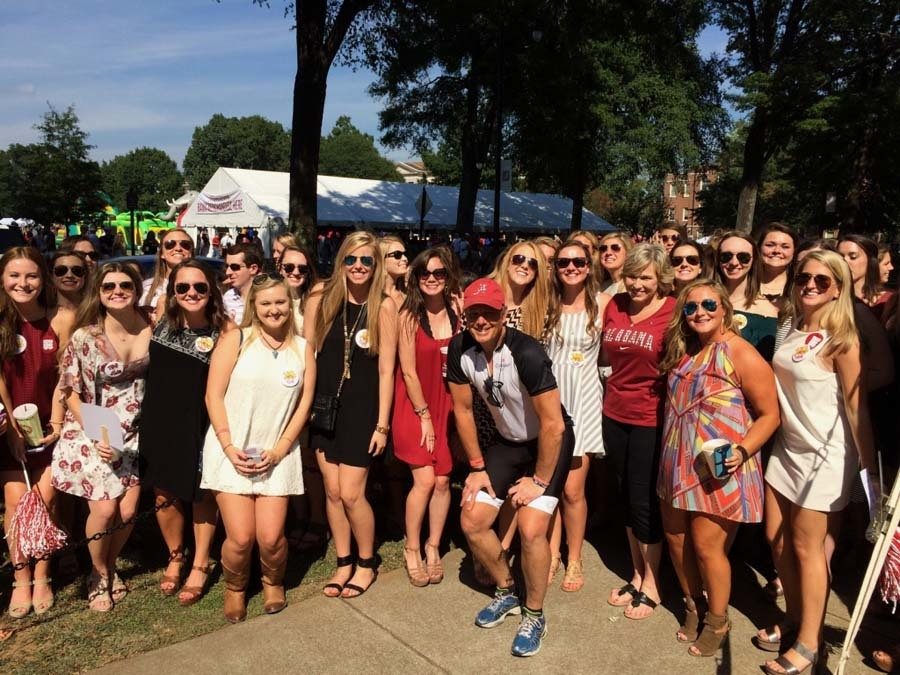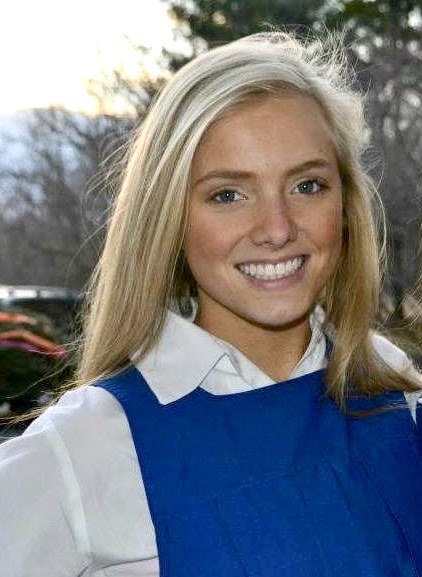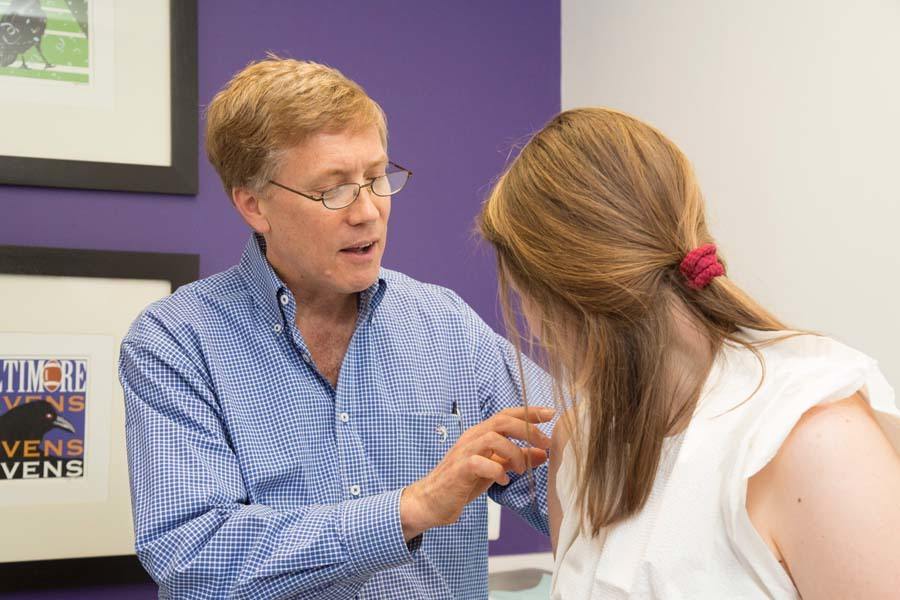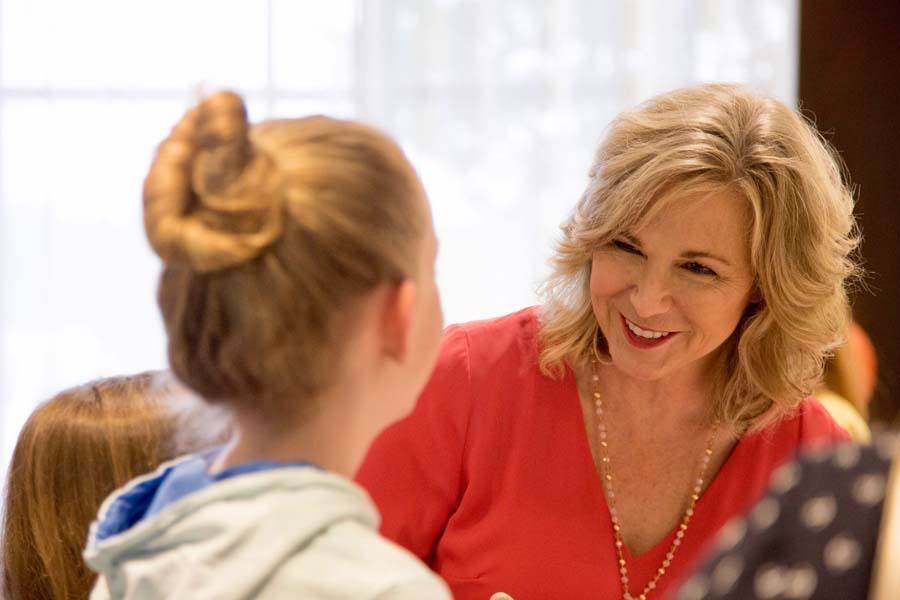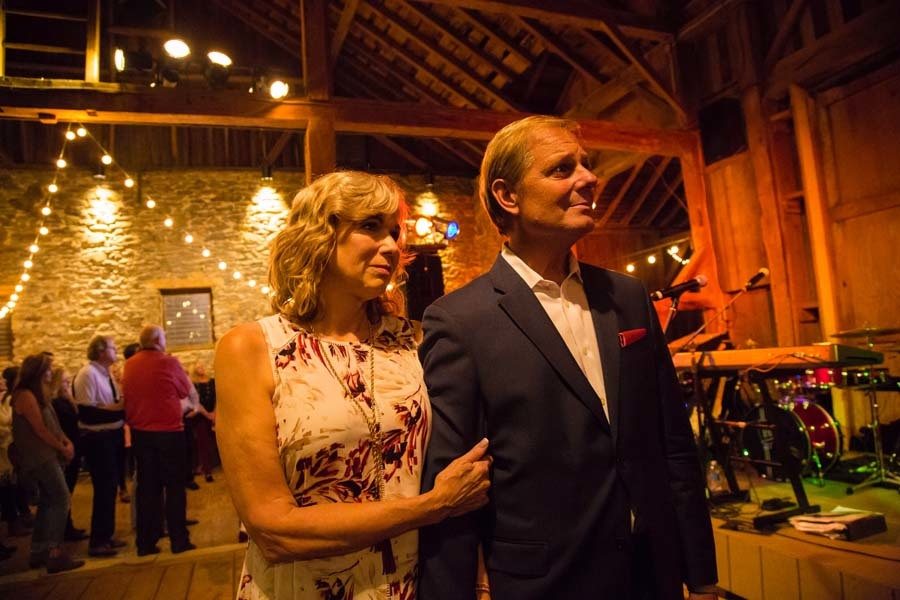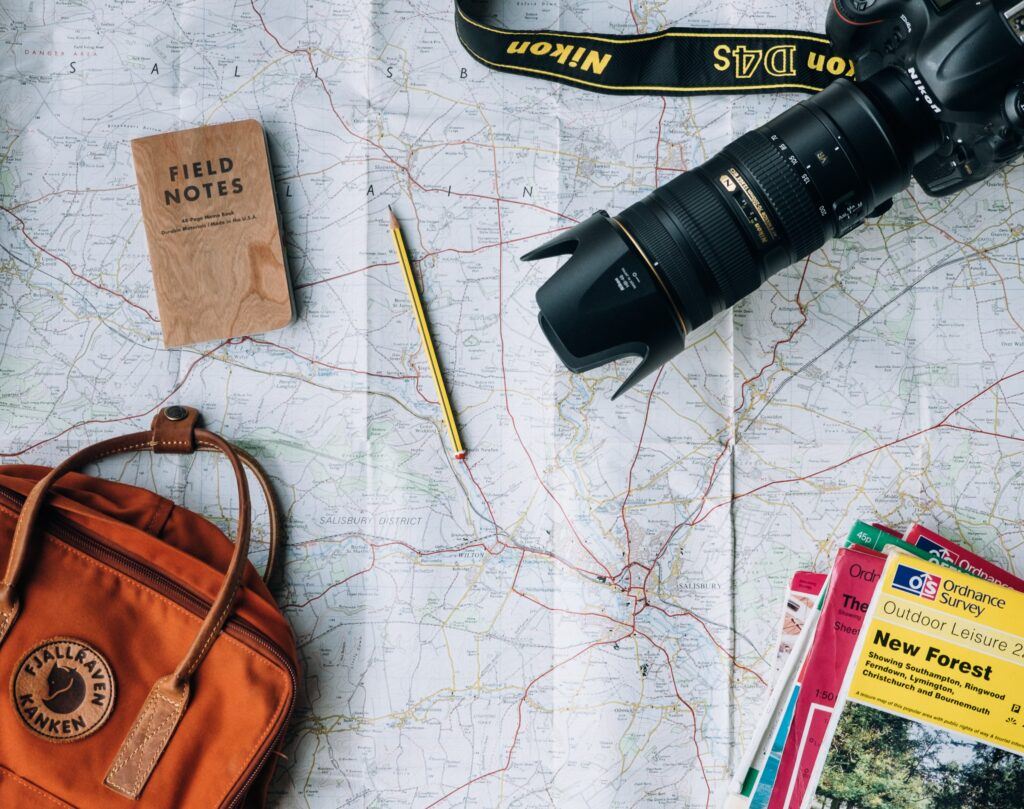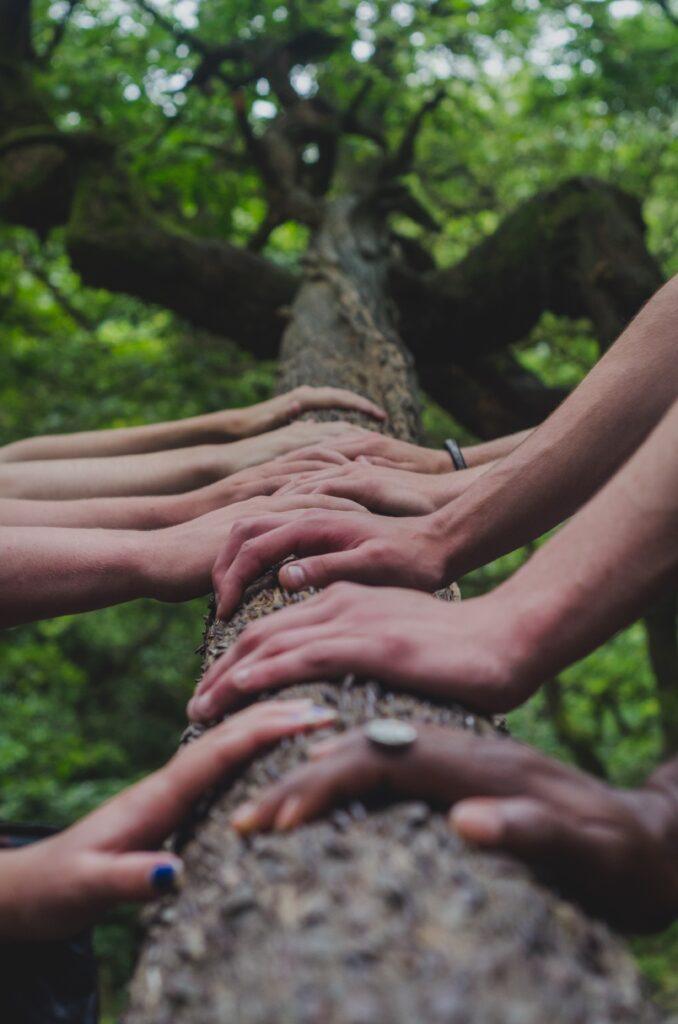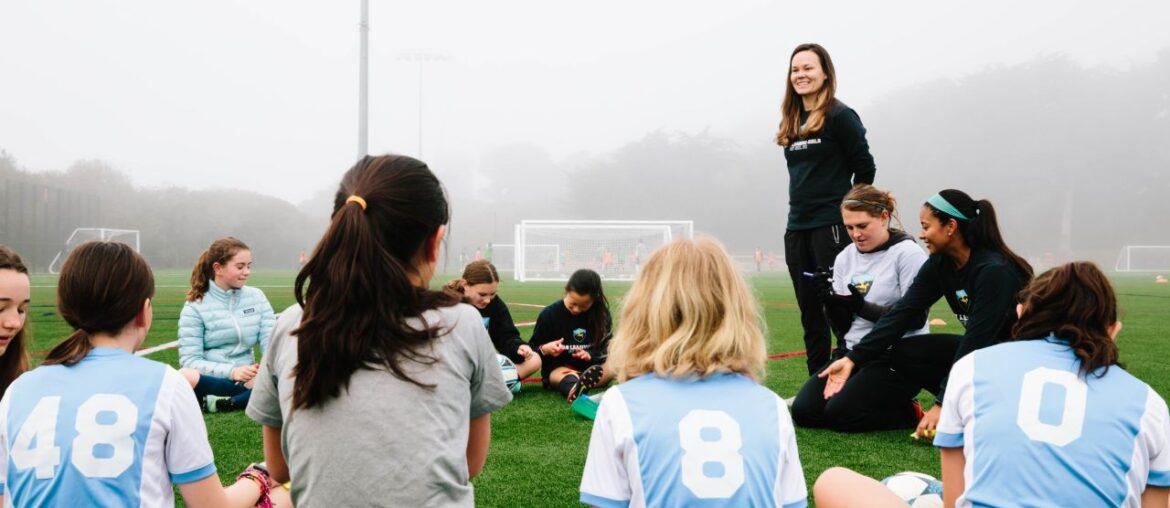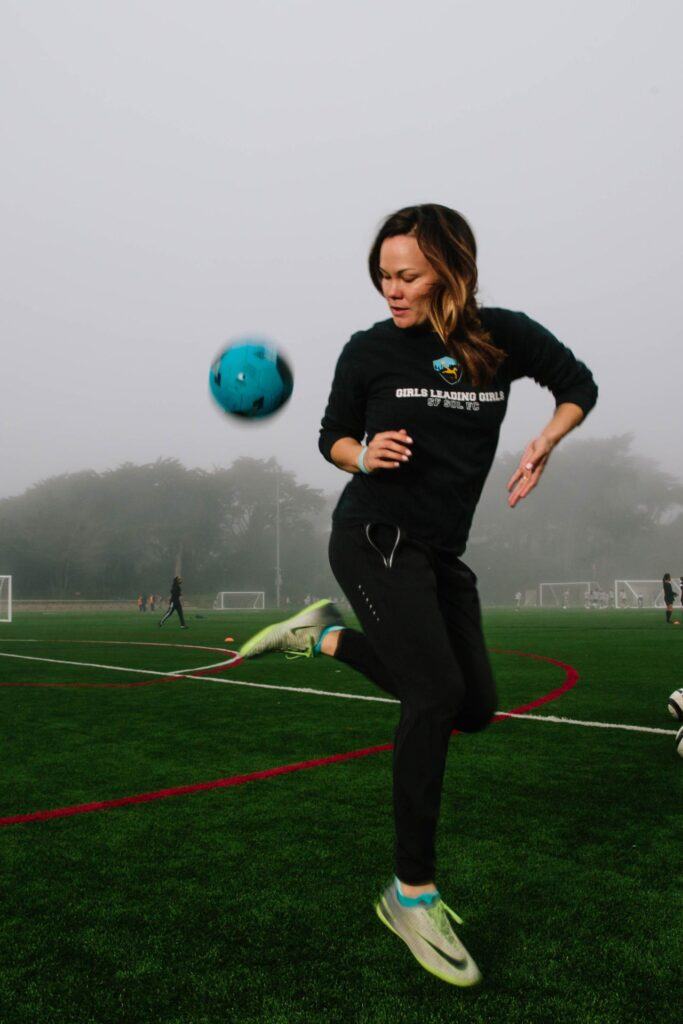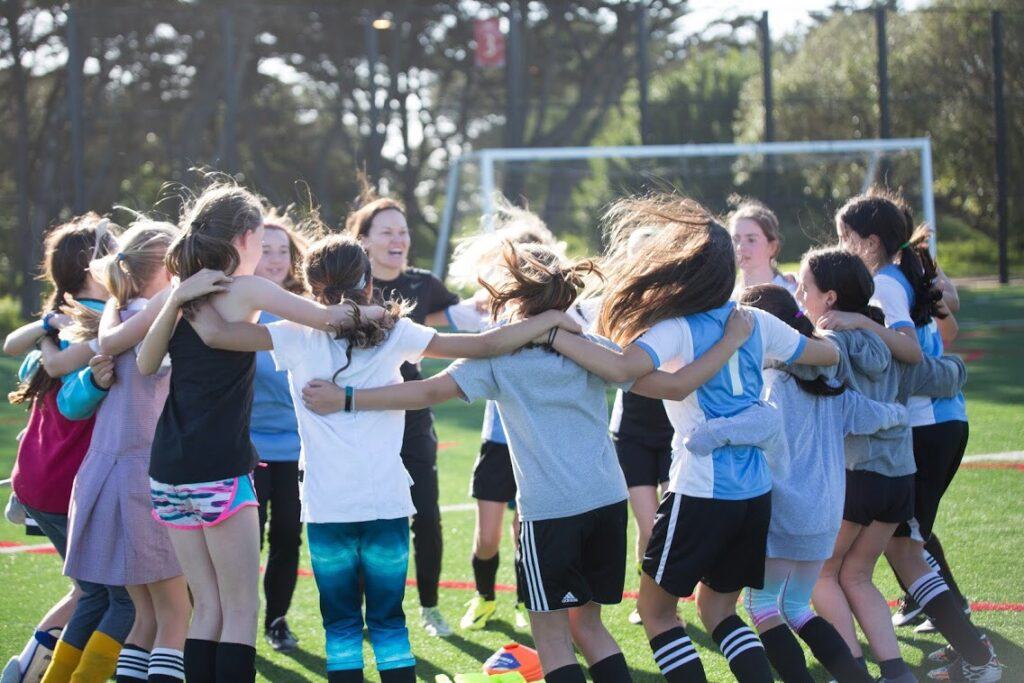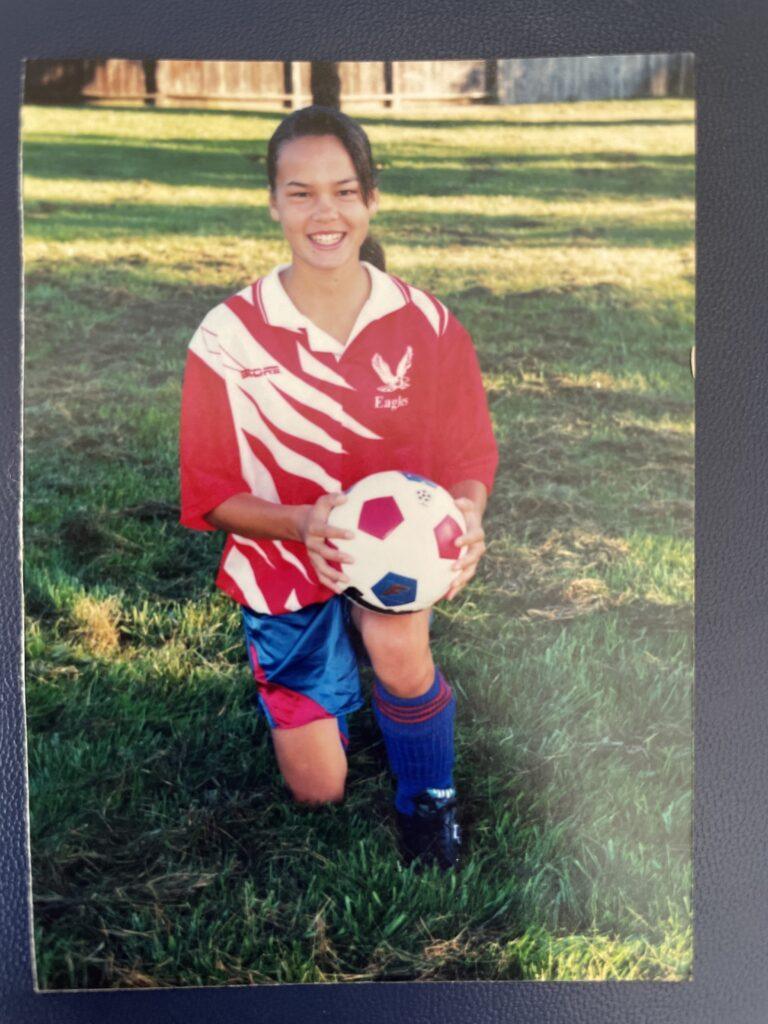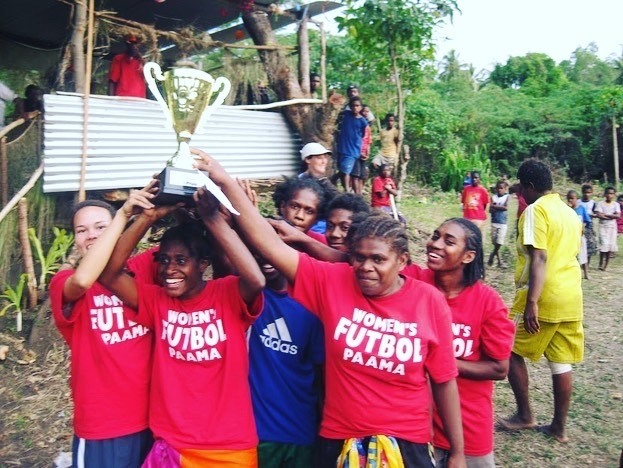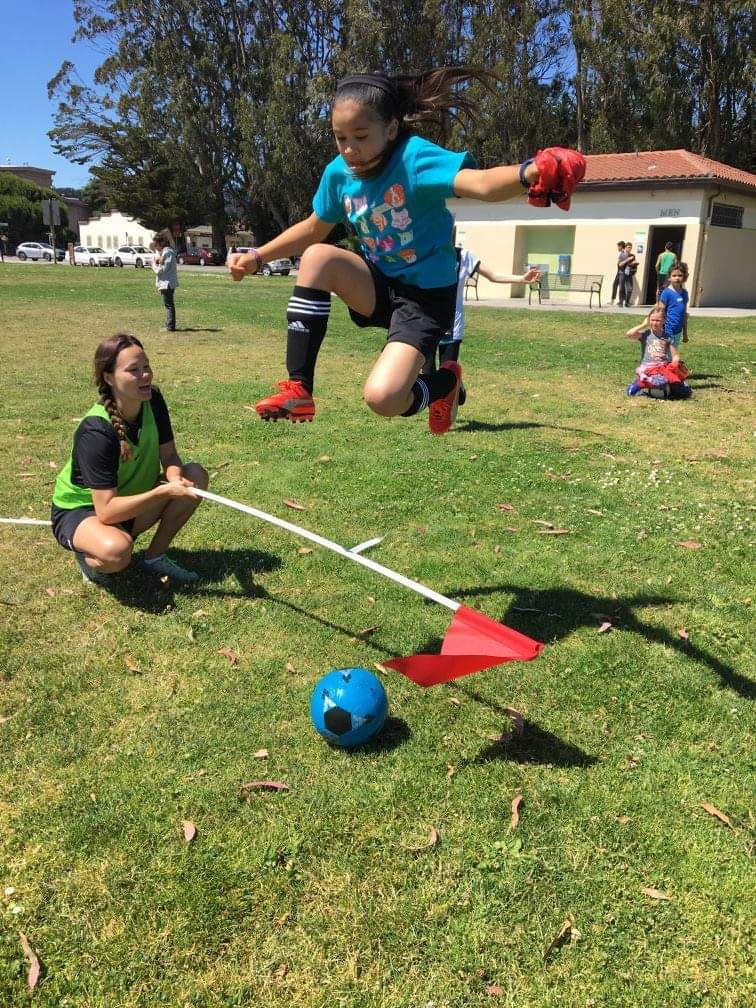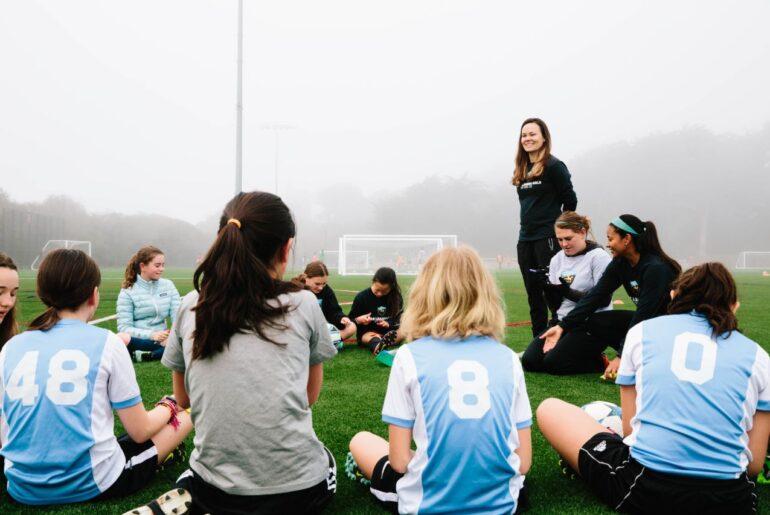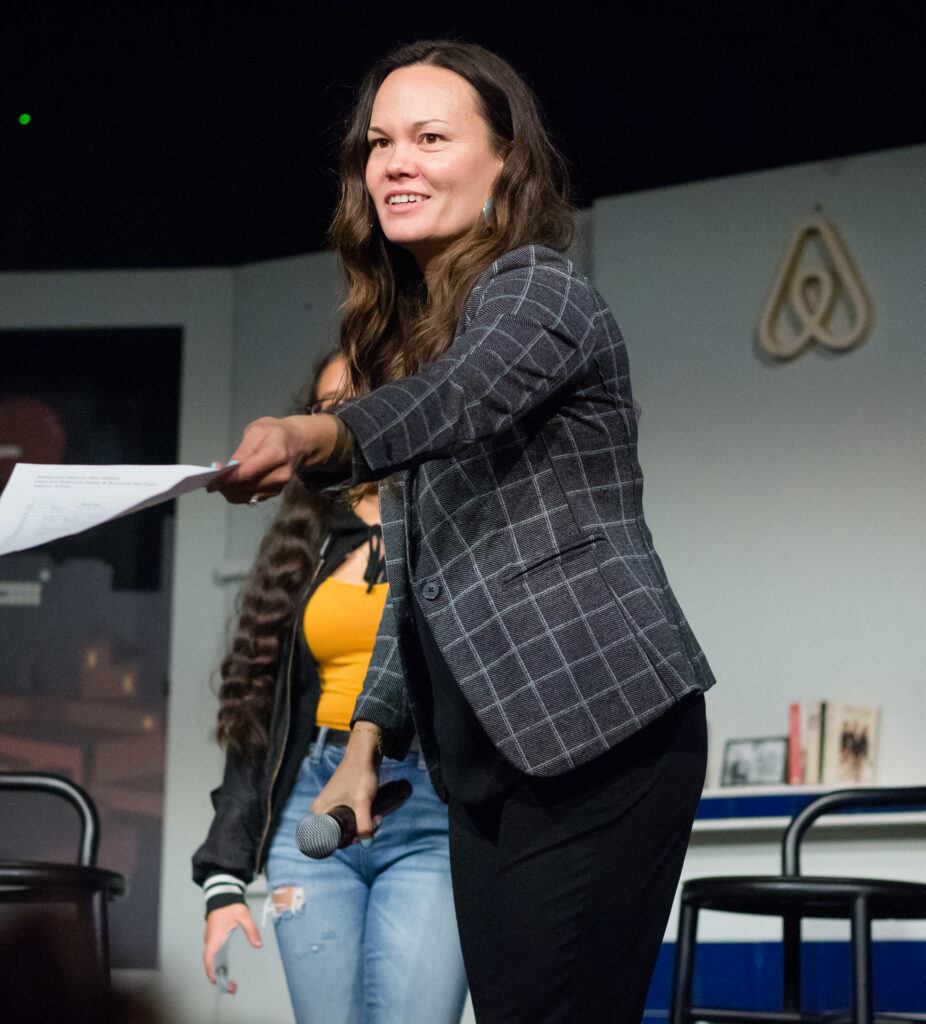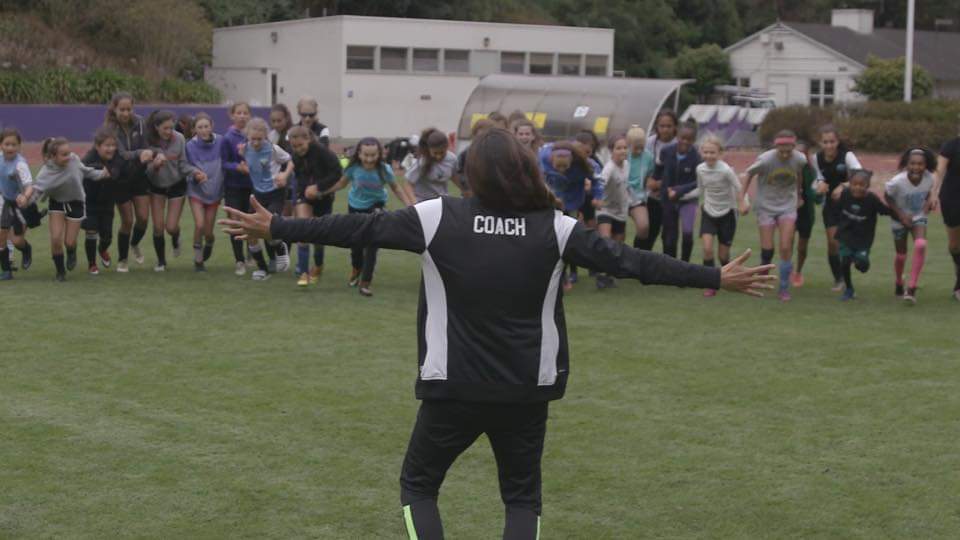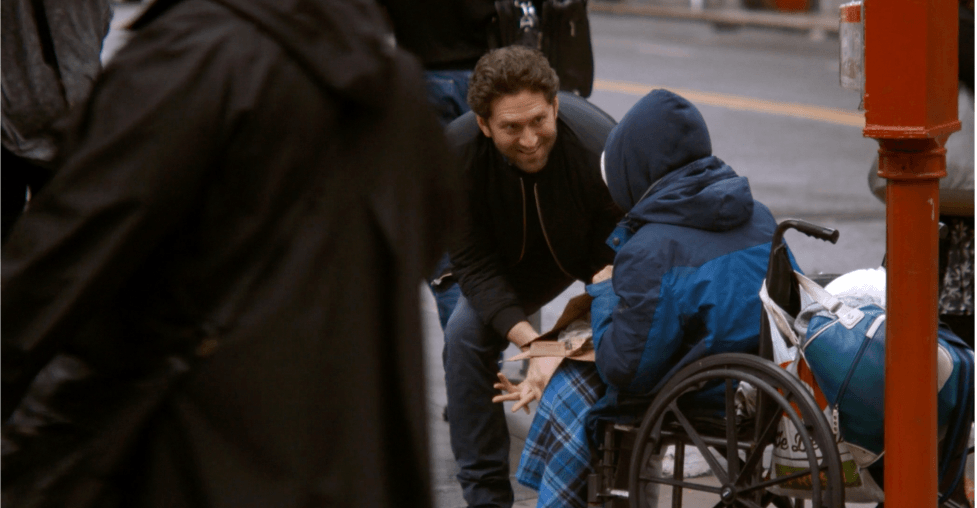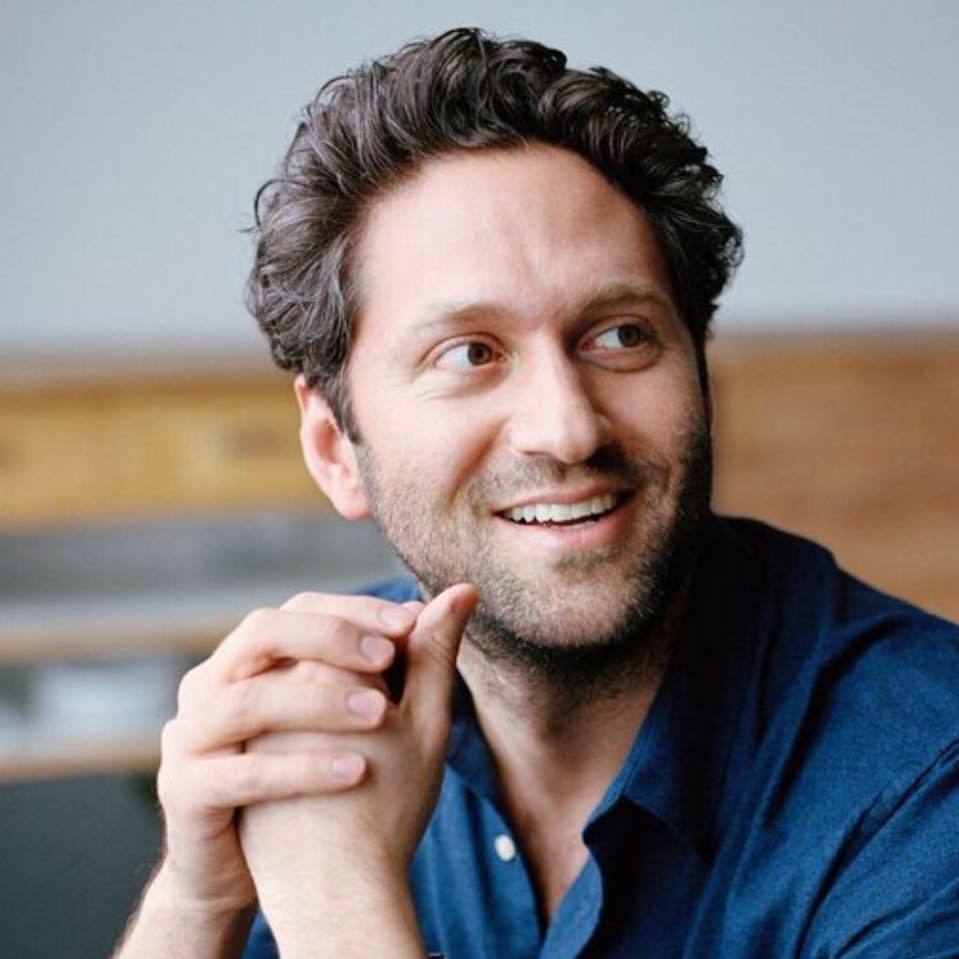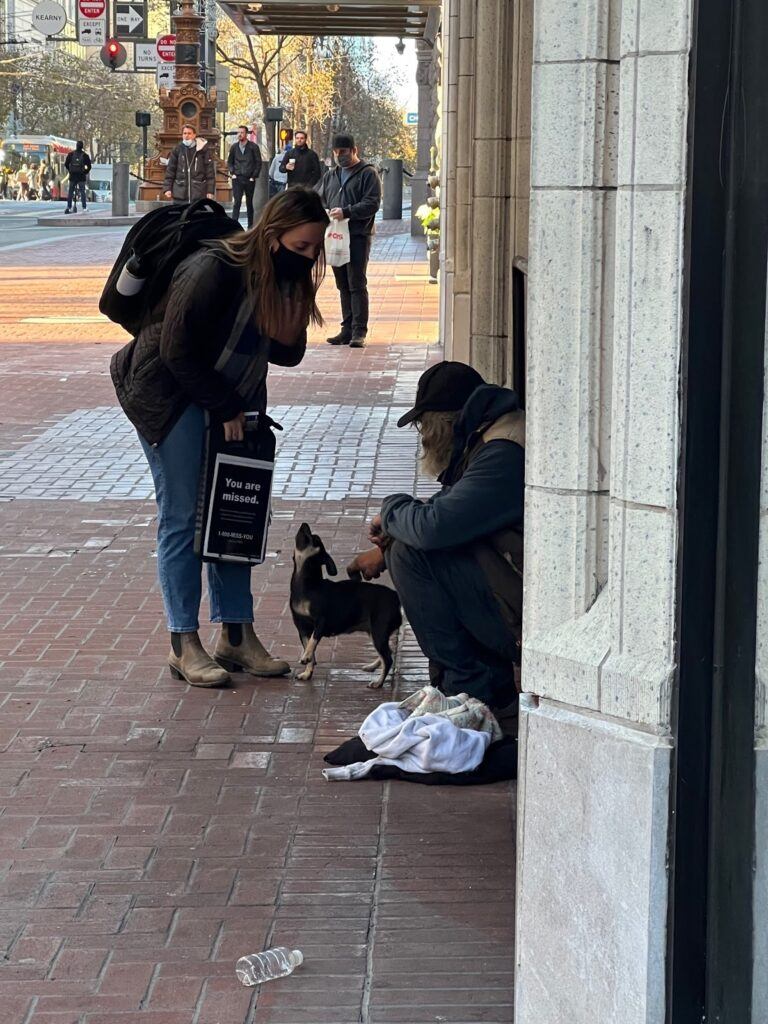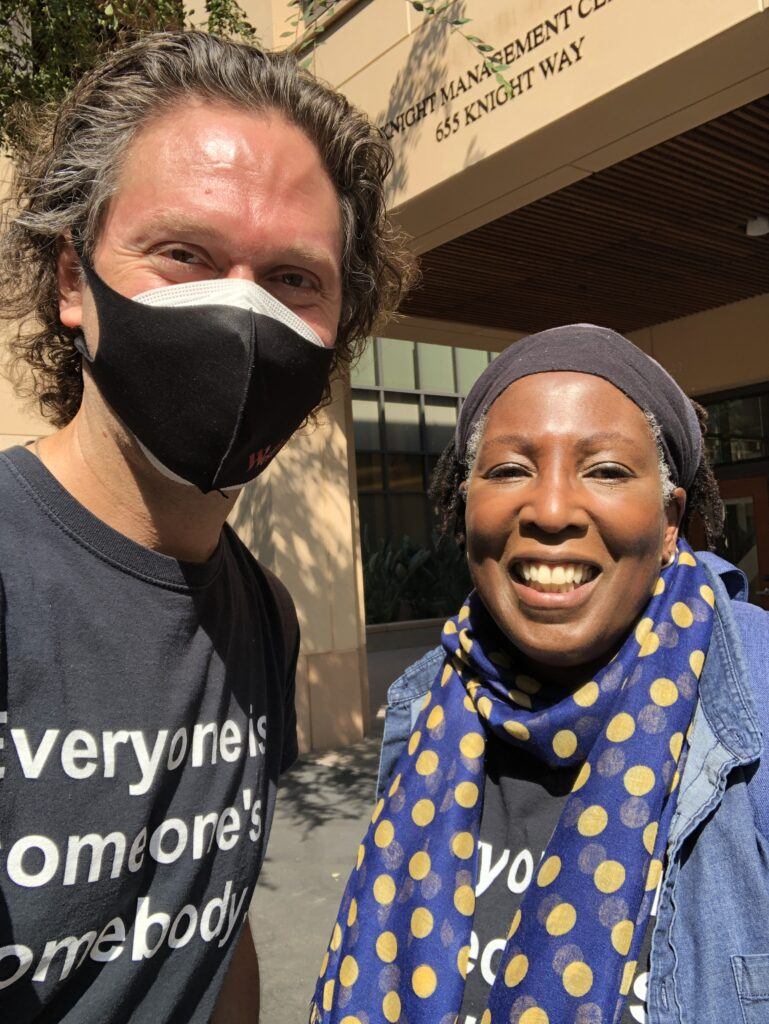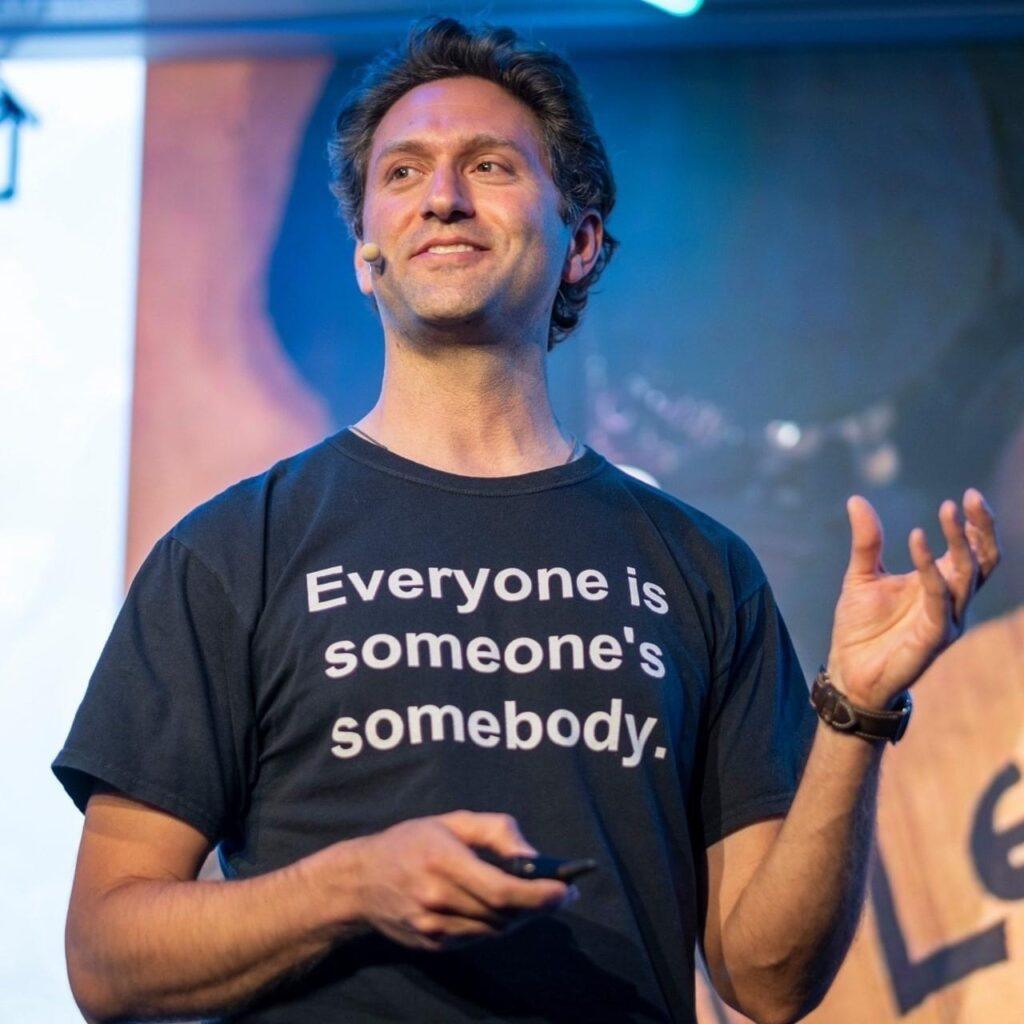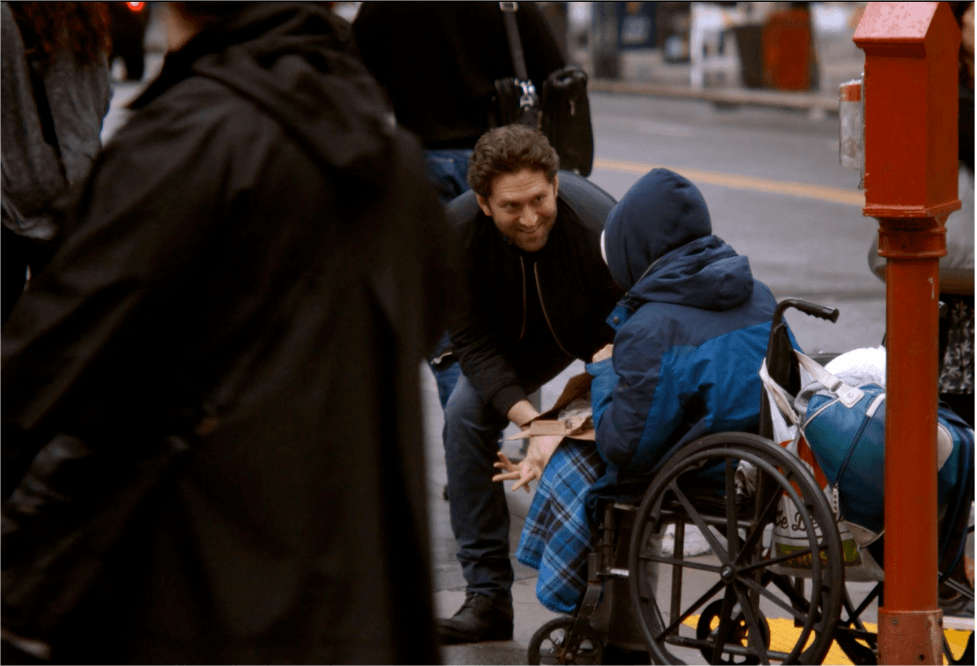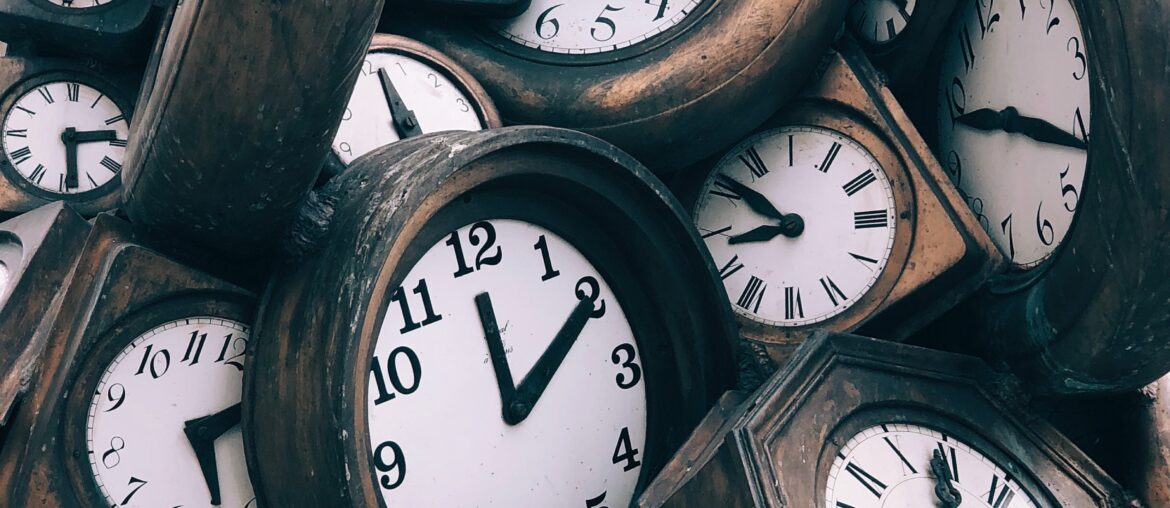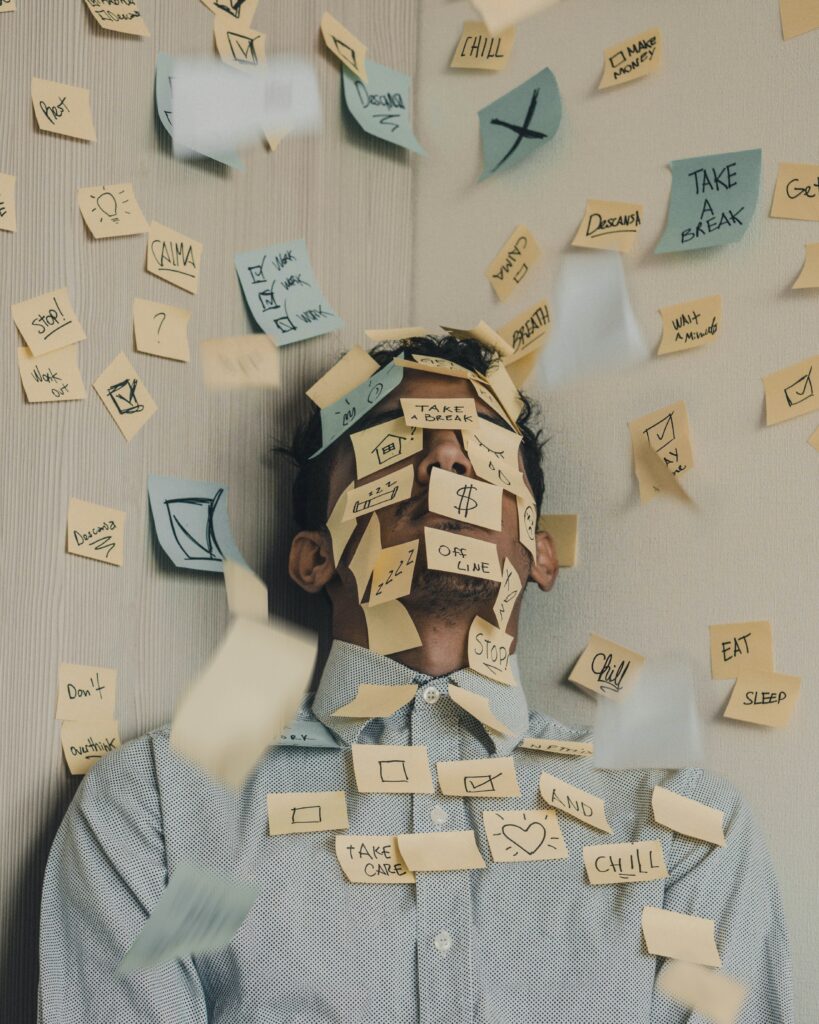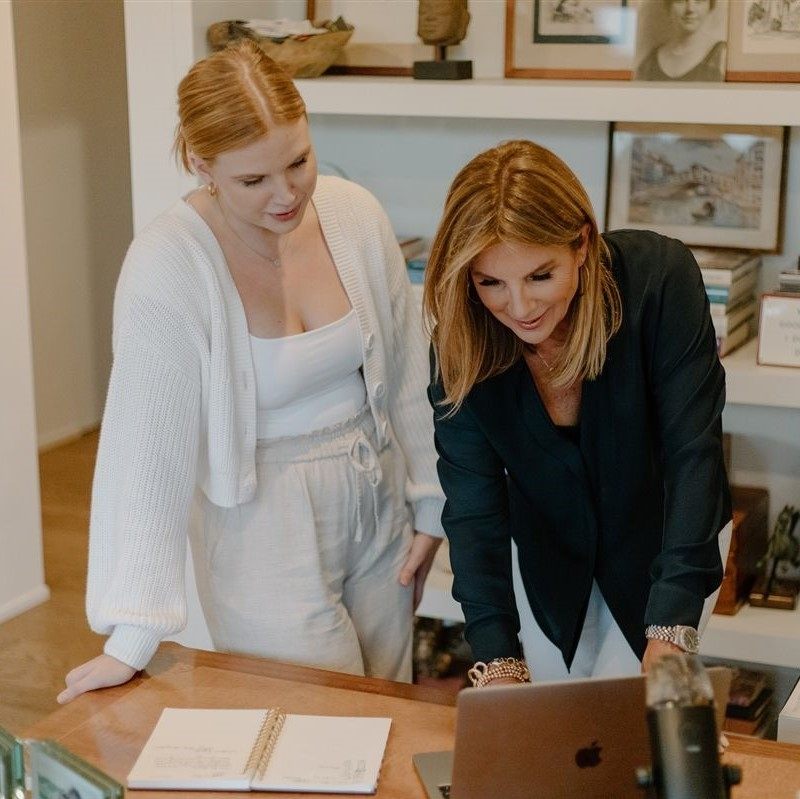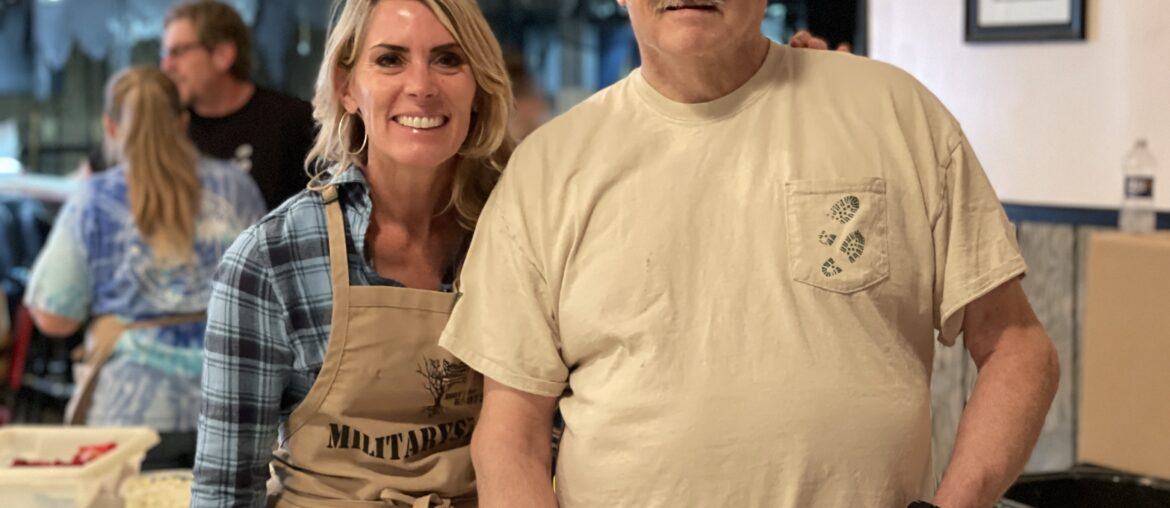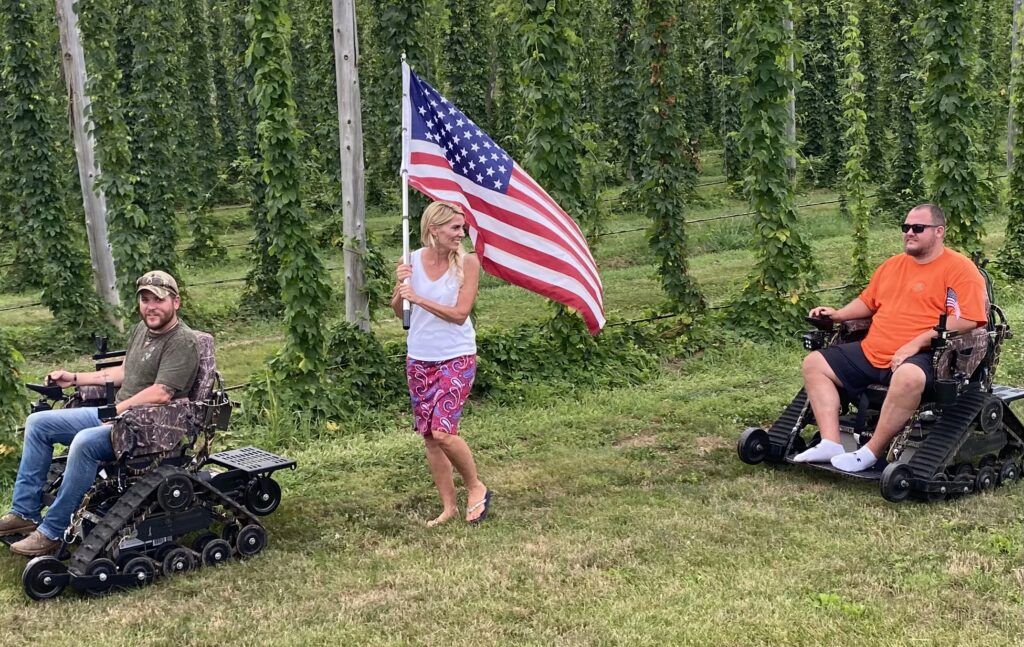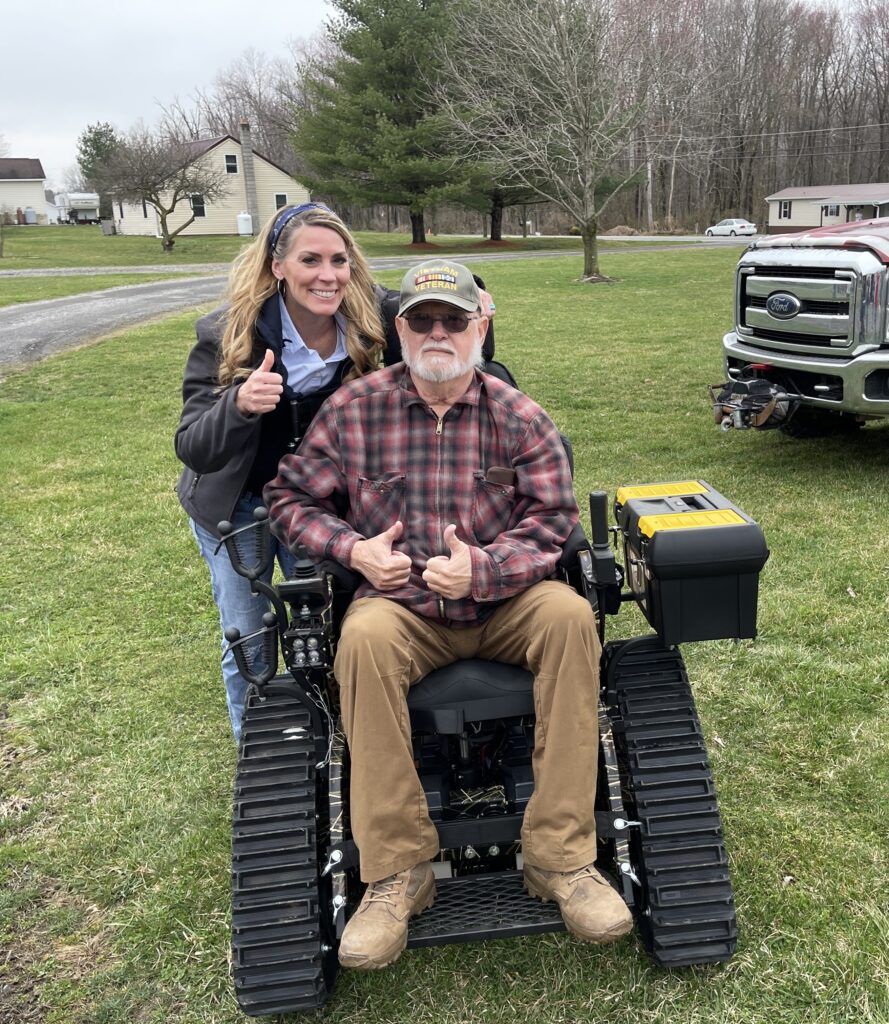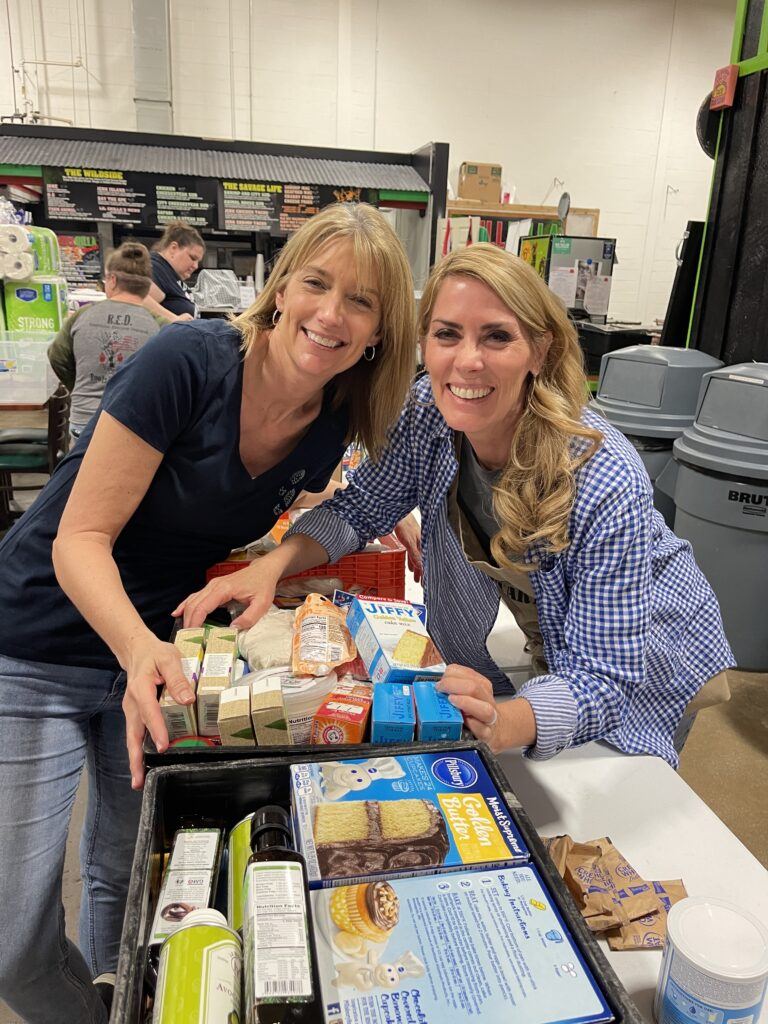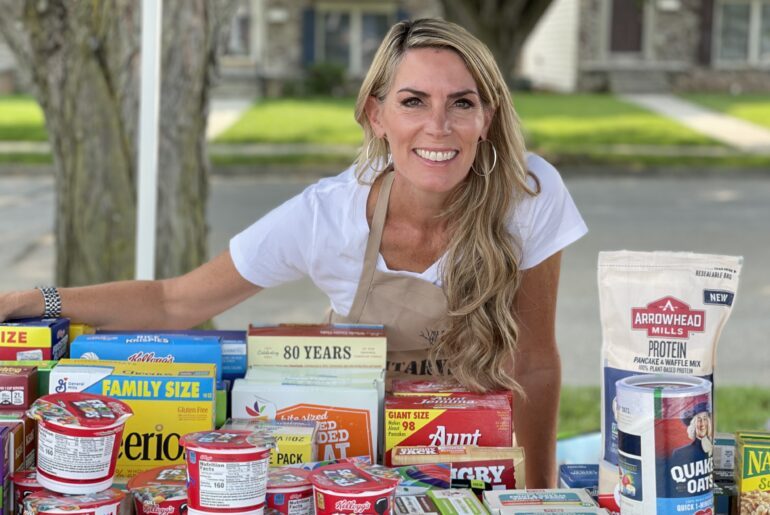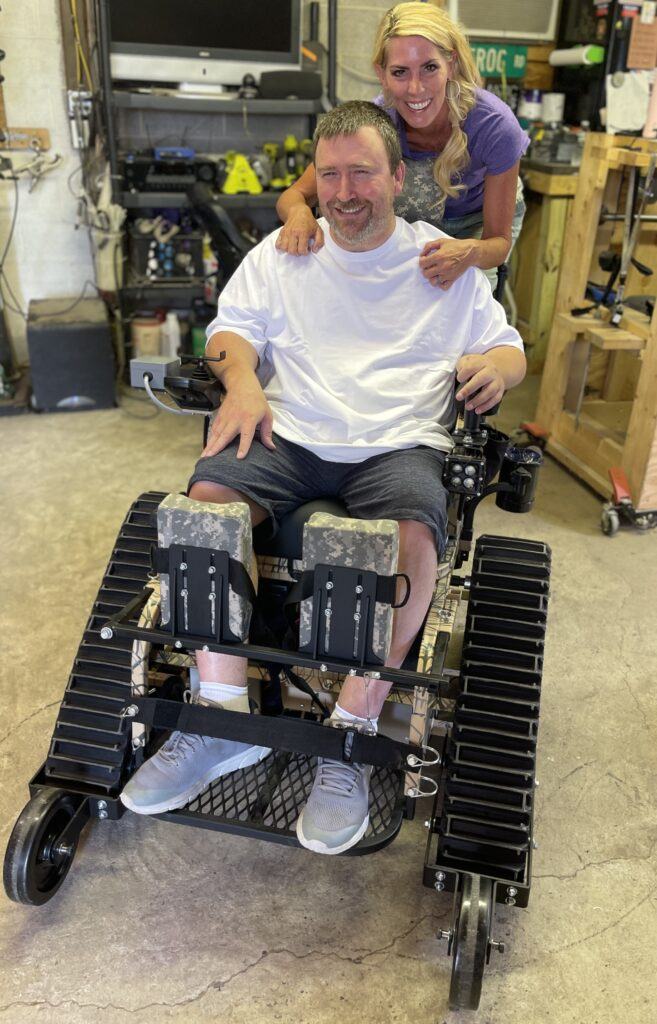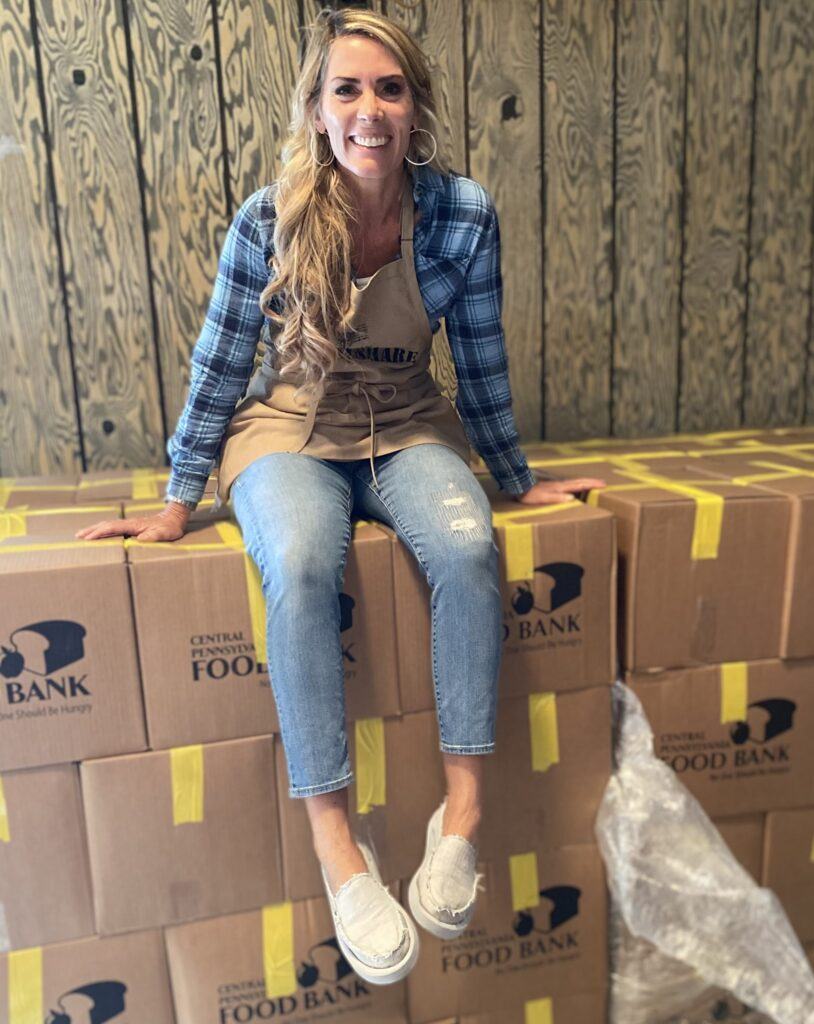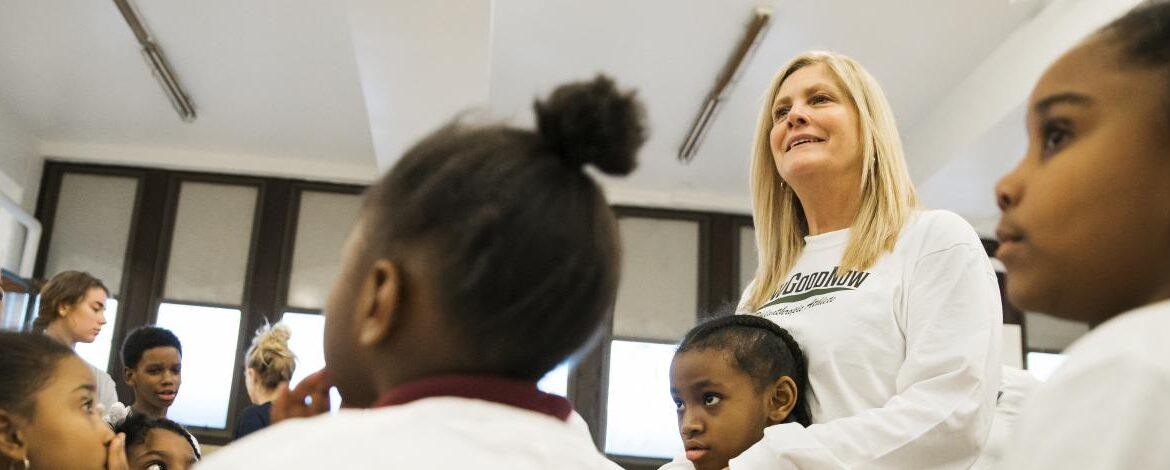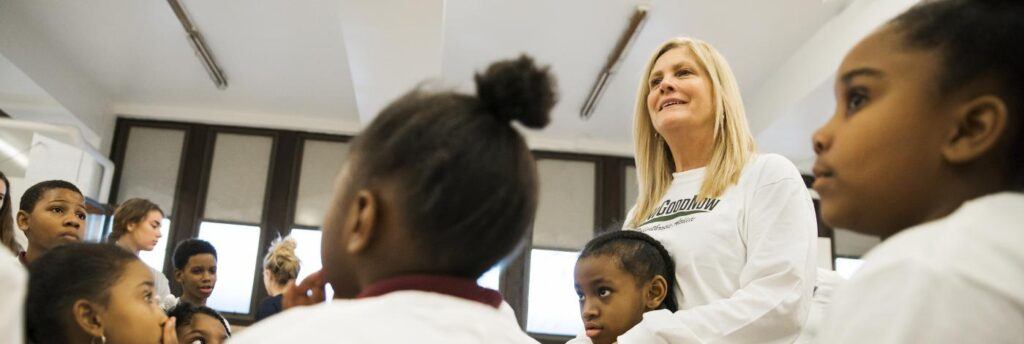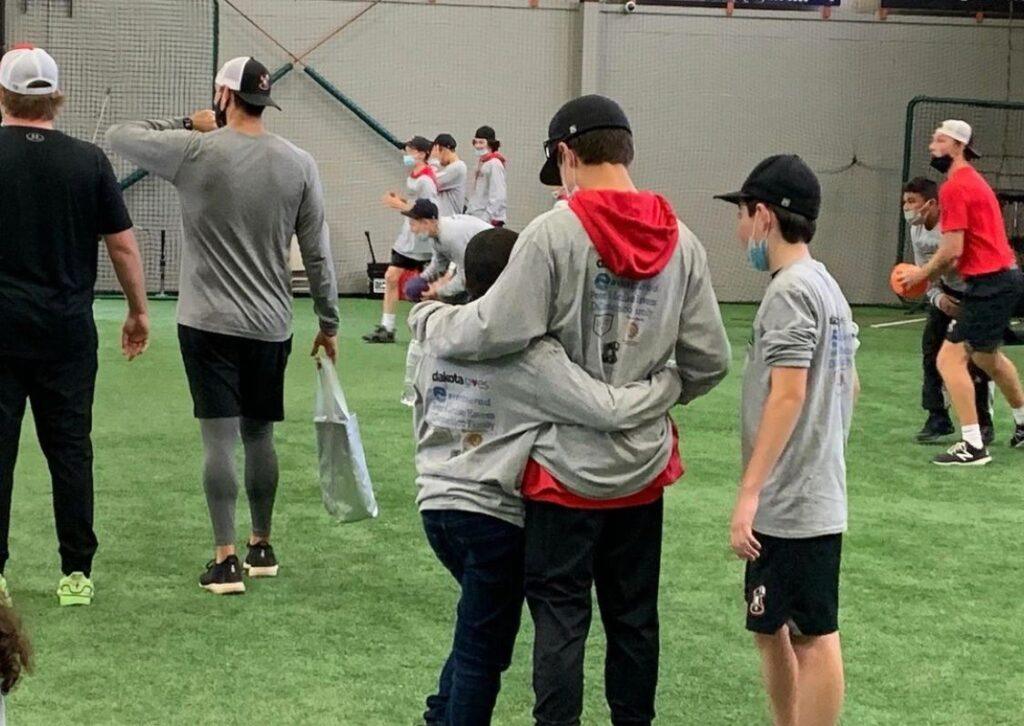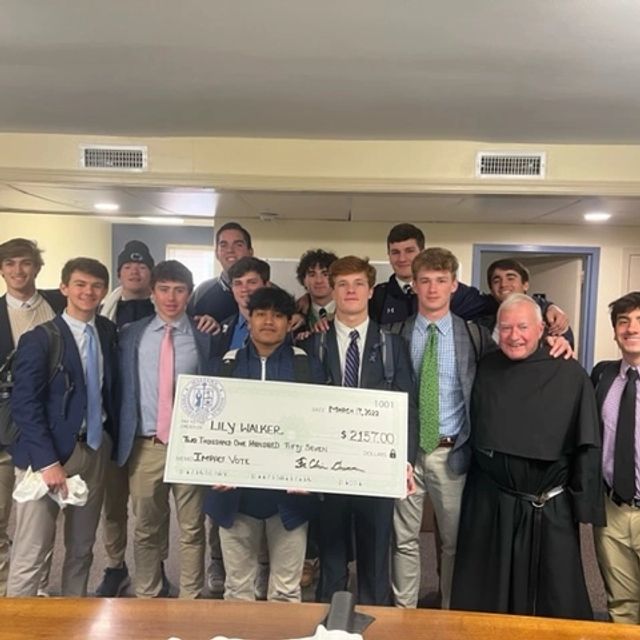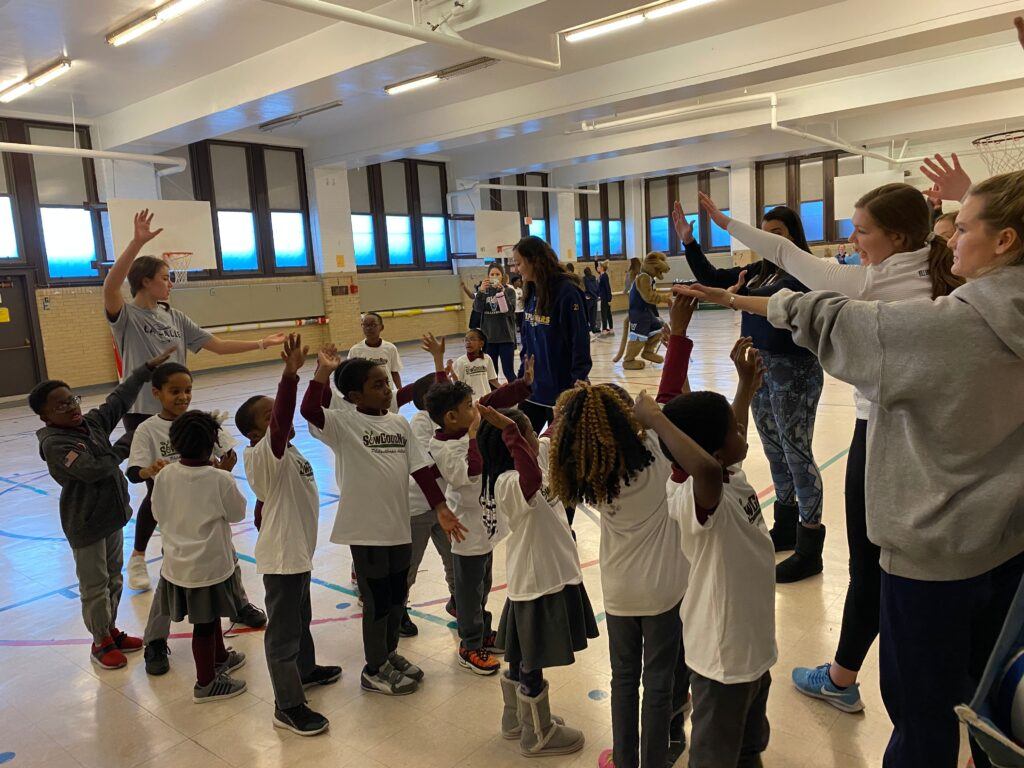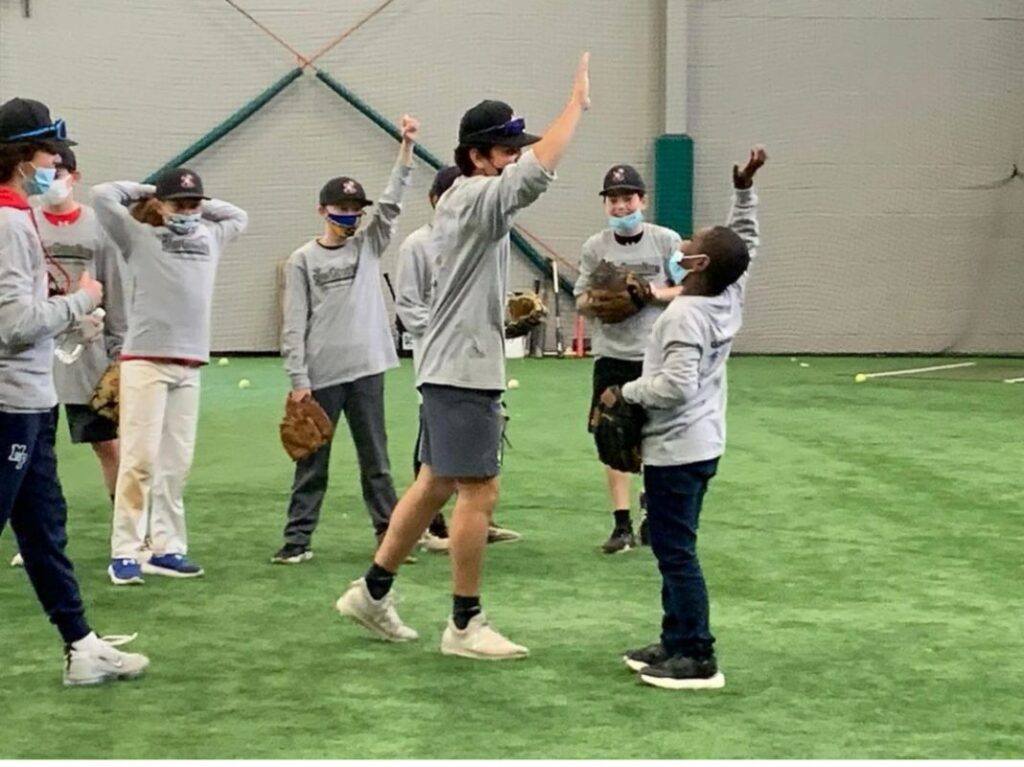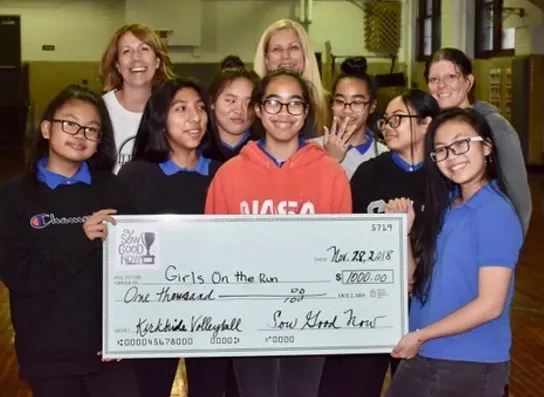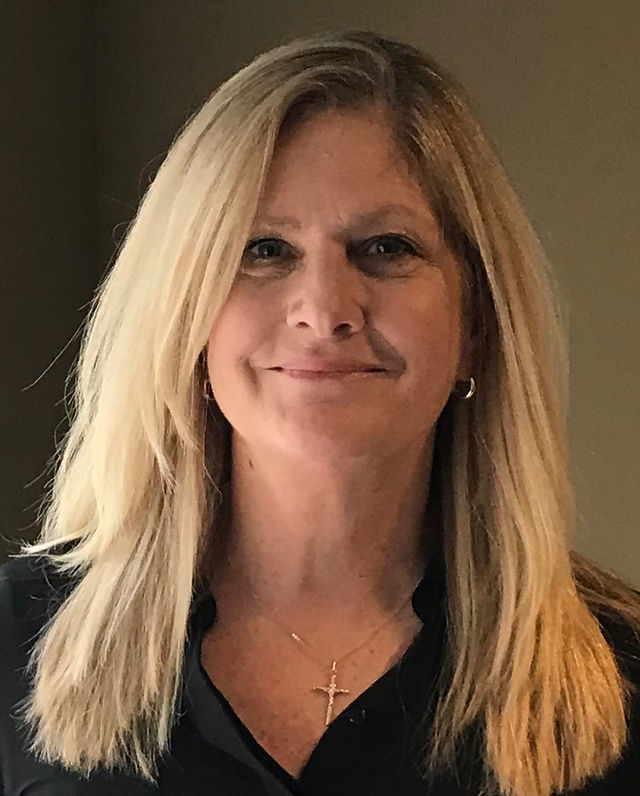” When you come to the edge of a forest and there is no path-make one that others will follow.”
Author unknown
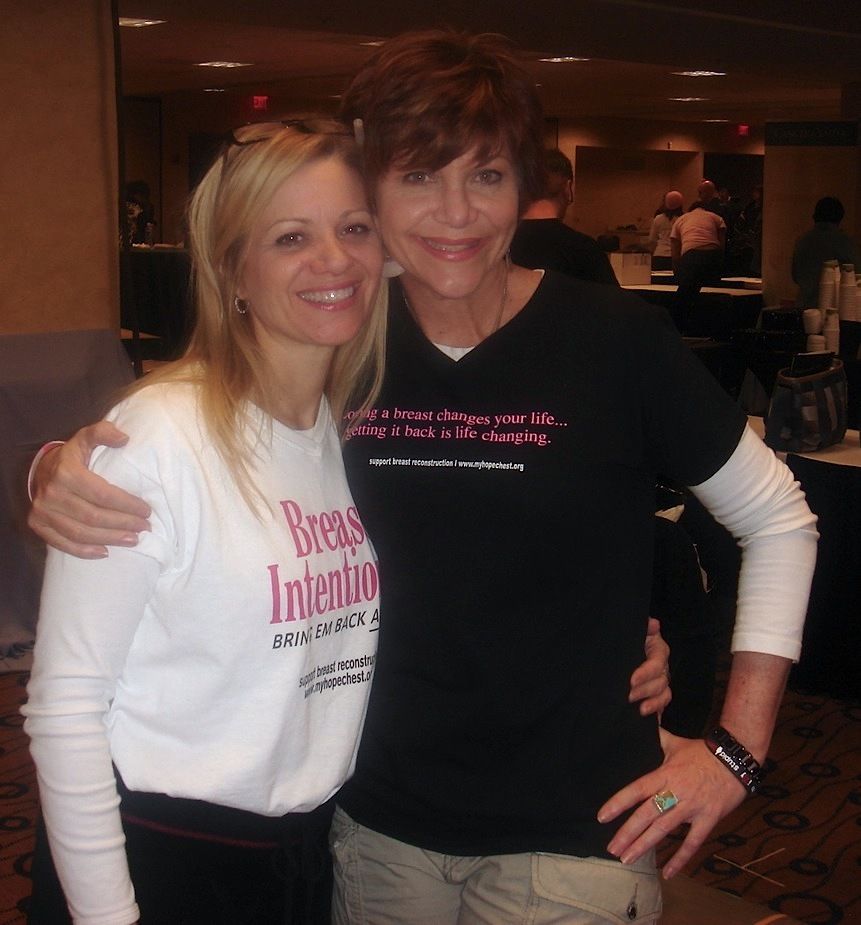
I couldn’t let October come to an end without discussing Breast Cancer. You may remember a few years back, I interviewed an amazing nonprofit founder and breast cancer survivor, Alisa Savoretti. Since that interview, I have had four friends who have undergone mastectomies. Breast Cancer isn’t something that only happens in October it is something that happens every two minutes, every day. One in eight women will develop breast cancer over the course of her lifetime according to the American Cancer Society. Breast Cancer does not discriminate from the rich or the poor. To be honest I had never thought about what happens when you get breast cancer and have no insurance? I assumed that Medicaid and Medicare covered everything. Well, I was wrong.
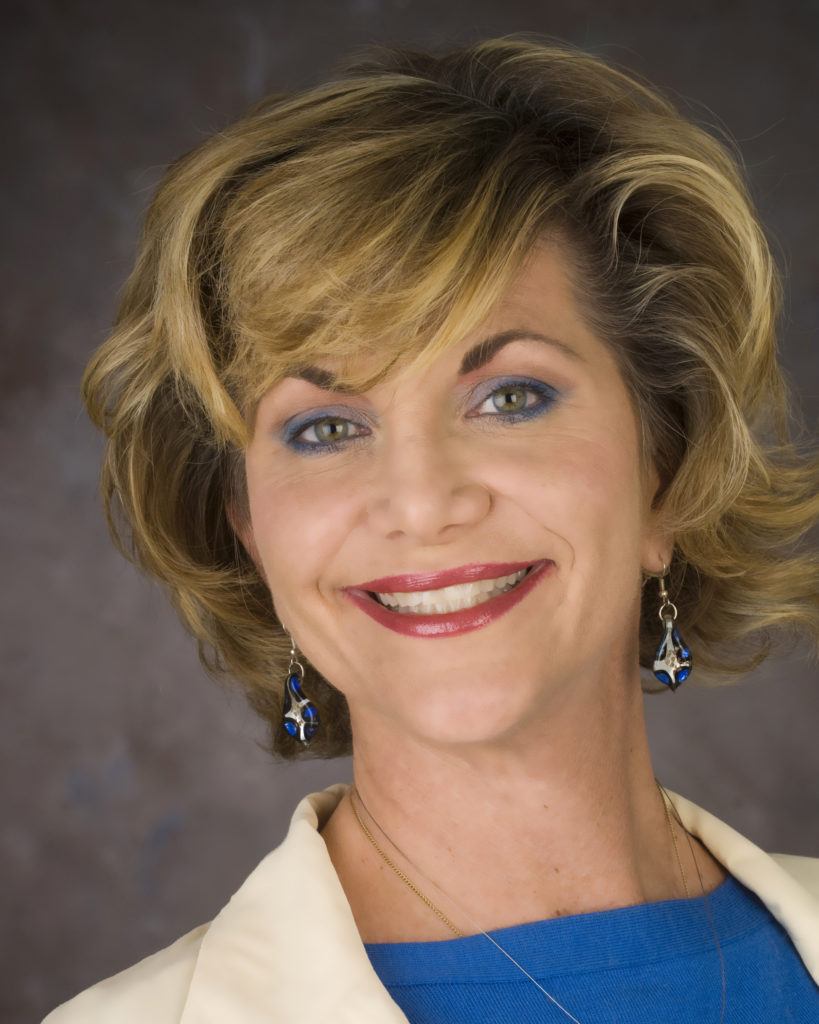
Nonprofit founder, Alisa Savoretti, had breast cancer, a mastectomy and no insurance for reconstructive surgery. The result was the creation of My Hope Chest, a nonprofit that helps to fund their reconstructive surgery. Alisa and I had an incredible conversation that left me feeling inspired by this amazing warrior who fights for women who truly need one. She has left such a lasting impression on me that I wanted to re-share her story.
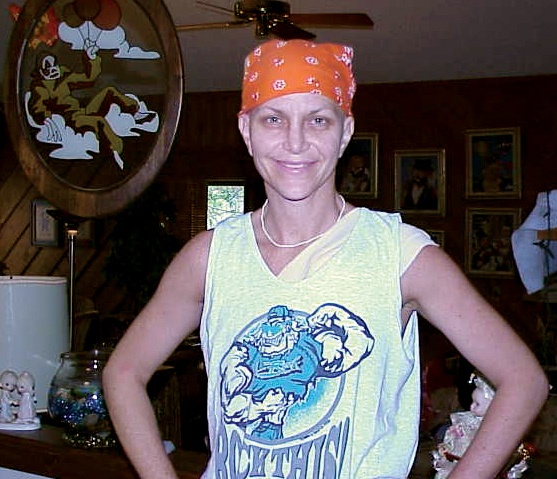
Charity Matters: What was the moment you knew that you needed to act and start My Hope Chest?
Alisa Savoretti: Hearing you have cancer is a devastating moment. It’s one thing to hear you have cancer but it is another thing to realize you have cancer. It’s another to realize you do not have insurance and you do not qualify for Medicaid. This is what happened to me at 38 years old. I had been working in Las Vegas as a showgirl and had recently moved to Florida to begin an online furniture business, before companies like Pottery Barn existed. I had borrowed funds on credit cards to launch Retrohome.com in 1999 when I found out I had cancer. The doctor said to take care of the cancer, focus on surviving and worry about the reconstruction later.
I survived but lived without my breast for almost three years. You have no idea what this does for you as a woman, for your mental well being. During those three years, I reached out to organizations all over the country, government, nonprofit, anyone who could help me to become whole again. I discovered that there wasn’t anywhere to go. I felt deformed, depressed, frustrated, had metal anguish and enormous financial stress.
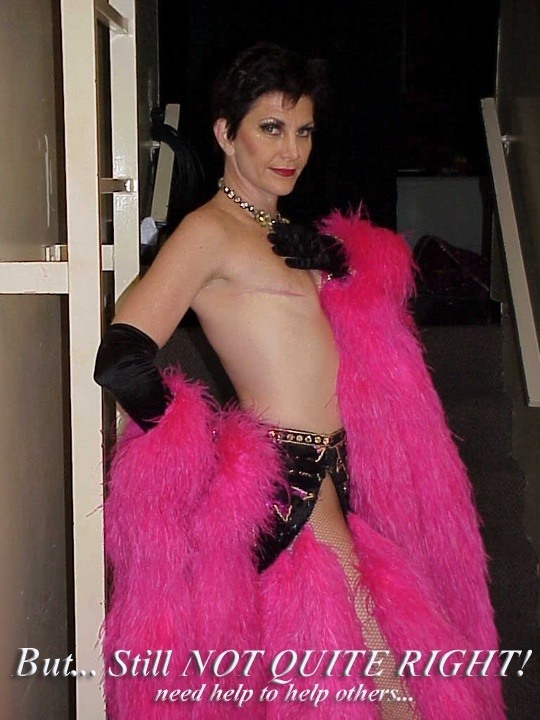
I went to Vegas to work at The Rivera. The 1998 government law now mandated that their group policy could not decline me insurance in order to get my reconstructive surgery. I realized how my own self-esteem, confidence, and self-worth as a woman returned when I could look in the mirror and could see my whole physical being once again. It was my healing, a restoration in body mind and spirit.
While I was in Vegas, I volunteered for a NAWBO (National Association of Women’s Business Owners) event. I told the women from NAWBO my story and these women rallied around me and with their help, I was able to start My Hope Chest. Six weeks later, I had my 501c3 on December 3rd, 2003. We will celebrate our 15th anniversary this year.
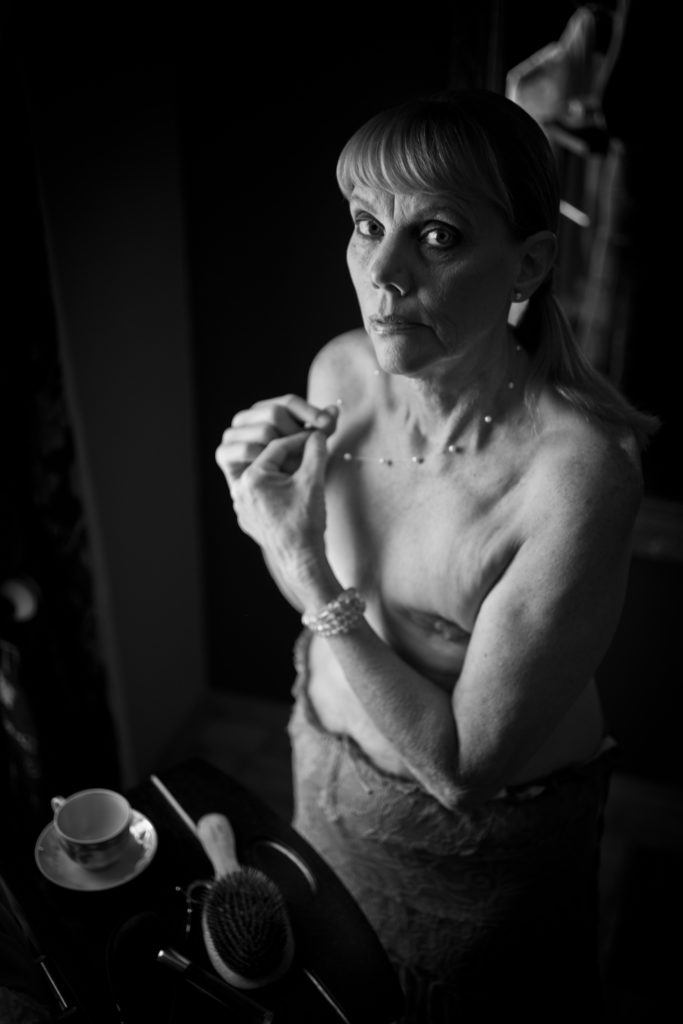
Charity Matters: What fuels you to keep doing this work?
Alisa Savoretti: Some days it feels as if I am pushing a boulder uphill with a toothpick. After fifteen years of doing this at the grassroots level, the work is very hard. What fuels me is knowing that thousands and thousands of women are missing their breast and this shouldn’t be happening in our country. Making women whole again is our mission. I think about more women are surviving breast cancer and that’s true. What about their quality of life if they are not whole?
These women are sick and often lose their jobs because they can’t work. They are now disfigured, deformed and depressed. The ripple effect of not being whole is devastating on marriages and families. This work has become my life’s mission. I am not married, cancer made children no longer an option and for the past fifteen years, this work has been my life.
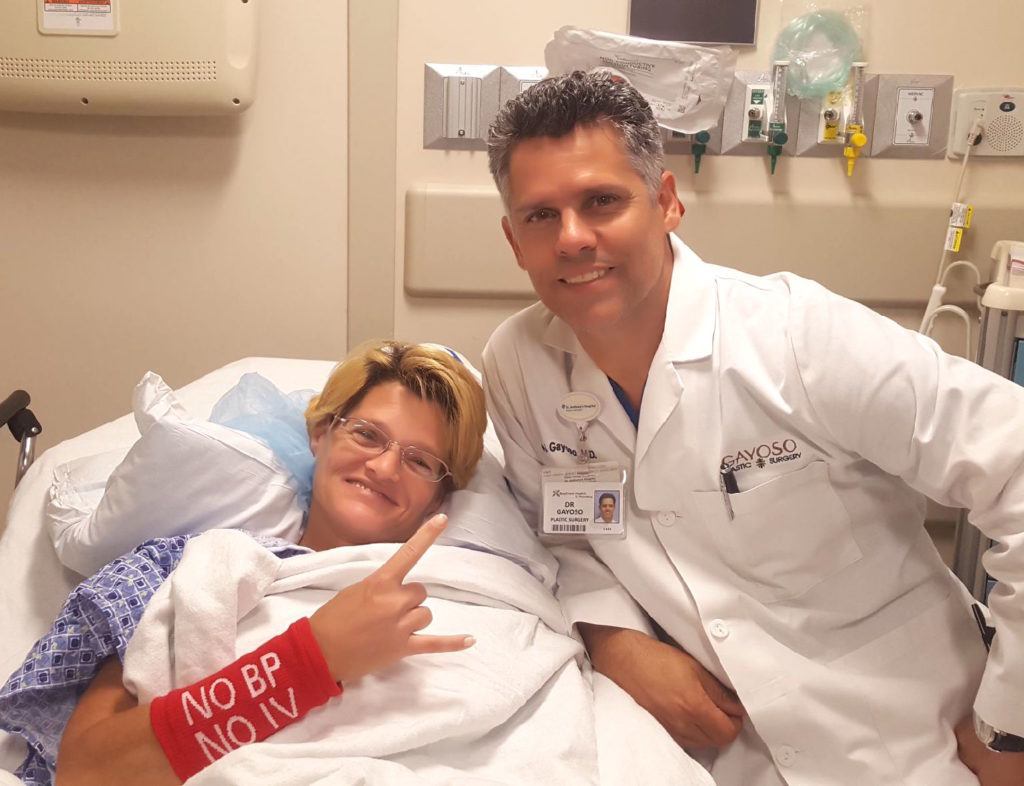
Charity Matters: When do you know that you have made a DIFFERENCE?
Alisa Savoretti: We pick up where the government programs leave off. That is why we exist. Our biggest referrals come from nonprofits such as the American Cancer Society, Susan G. Komen, and Care.org. We get referrals from them weekly and we can not tell our clients if or when they are going to be helped. They sit on a waitlist while we try to raise the funds to make their reconstructive surgery happen. Helping women to become whole again is what fuels me and just knowing that there is always a list of women waiting for us to find the funding.
I know that we have made a difference when we can help them with whatever they have asked for and the letters they send us.
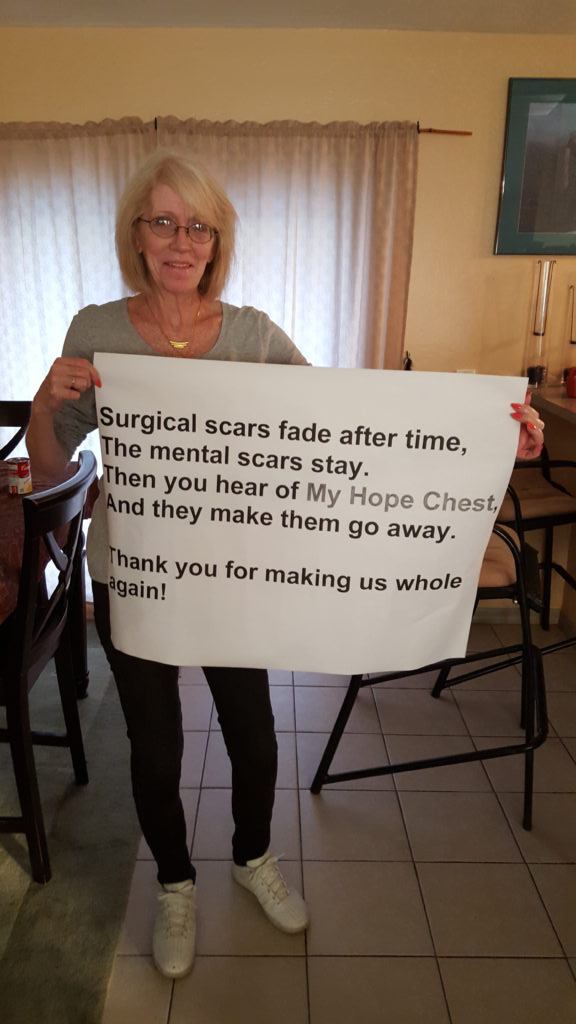
Charity Matters: Tell us what success you have had?
Alisa Savoretti: We help women every year in a small way and I feel blessed that God picked me to do this task. Every time we get the word out about our work it helps fund someone’s surgery. Shining a light on this cause is SO important. We have been able to fill a gap where other breast cancer charities leave off. If there was another organization doing our work we wouldn’t do it, but sadly there isn’t anyone else. The women we help are eternally grateful for all we have done and to me, that is the success.
Charity Matters: What is your vision for My Hope Chest going forward?
Alisa Savoretti: We will only exist until there is a cure for breast cancer. Of course, the big dream is that there is a day when our services are no longer needed. Ten years from now, I dream that we have enough resources, funding, surgical partners and angel warriors that we can help women as quickly as they are referred to us. I dream of no longer having a waitlist and being able to have a more efficient meaningful impact on these women’s lives.
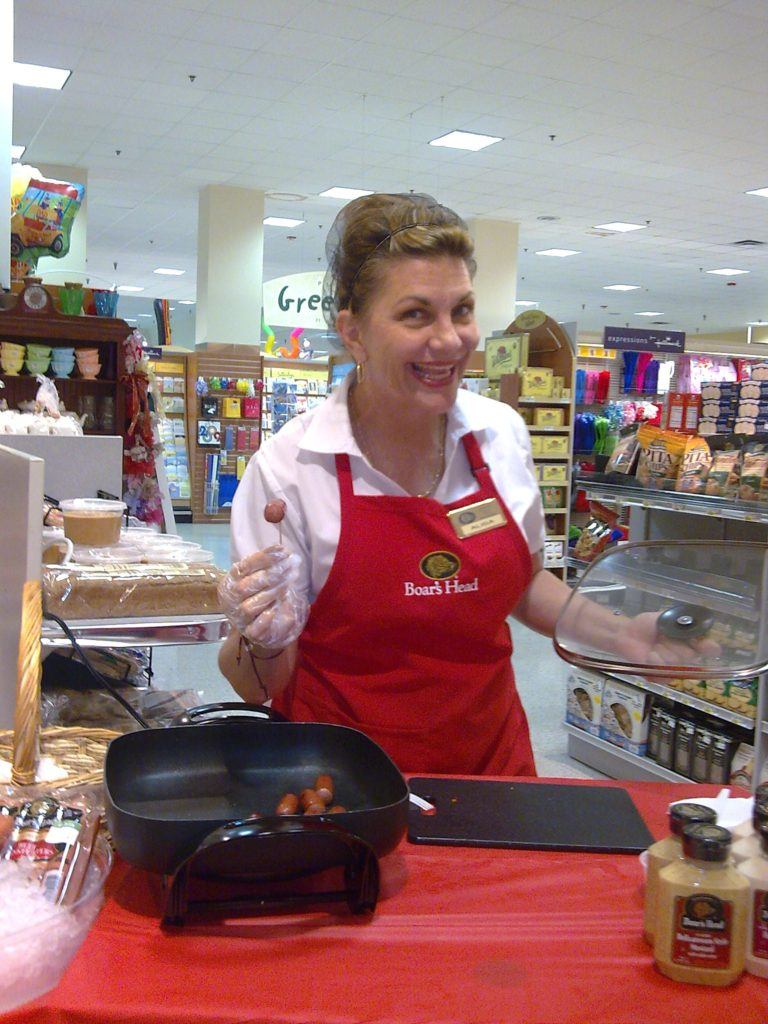
Charity Matters: What life lessons have you learned from this experience? How has this changed you?
Alisa Savoretti: God had a different plan for my life. I have a quote on my desk that says,” When you come to the edge of a forest and there is no path-make one that others will follow.” I feel like that is what happened with My Hope Chest. My life’s lesson is that when you persevere you will make a difference. The fact that this even exists in 2018 and is still flying under the radar and that there are women, thousands of women in this country living without their breast. My home has been refinanced three times to keep the funding going for My Hope Chest. I have taken extra jobs at the grocery store to fund this. The lesson I have learned is that I have to persevere to help these women in any way I can. I cannot give up on them.
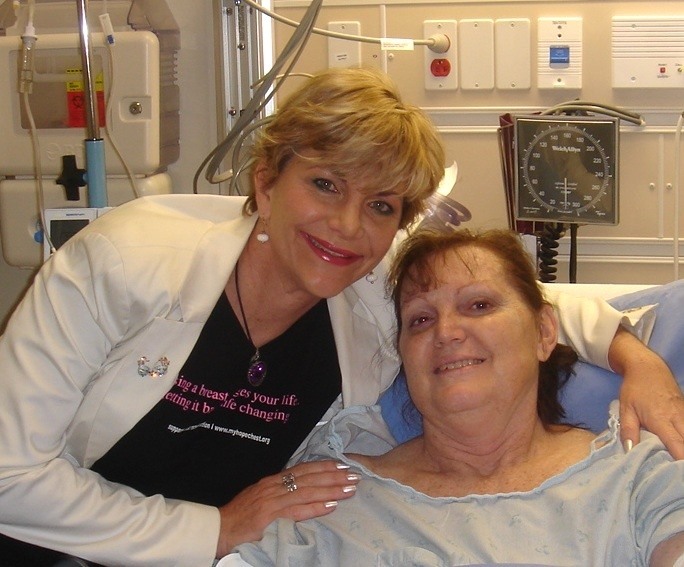
I think that changing even one life is important. Things are bigger than us, this mission is bigger than me and I have tied my life to making a difference. For me, I am grateful I was chosen for this journey. I am grateful to keep doing this work and I pray the Lord that My Hope Chest gets to leave a legacy on this earth until there is no longer a need for our services. That is my utmost prayer.
In the end, I know that I have done my very best.
Charity Matters
YOUR REFERRAL IS THE GREATEST COMPLIMENT, IF YOU ARE SO MOVED OR INSPIRED, WE WOULD LOVE YOU TO SHARE AND INSPIRE ANOTHER.
Copyright © 2022 Charity Matters. This article may not be reproduced without explicit written permission; if you are not reading this in your newsreader, the site you are viewing is illegally infringing our copyright. We would be grateful if you contact us.

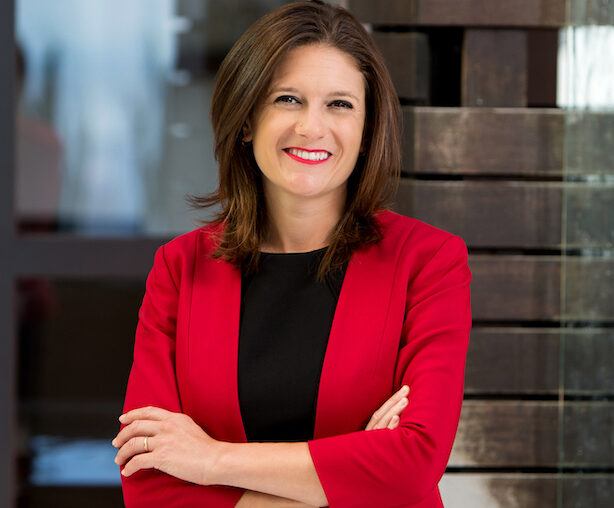

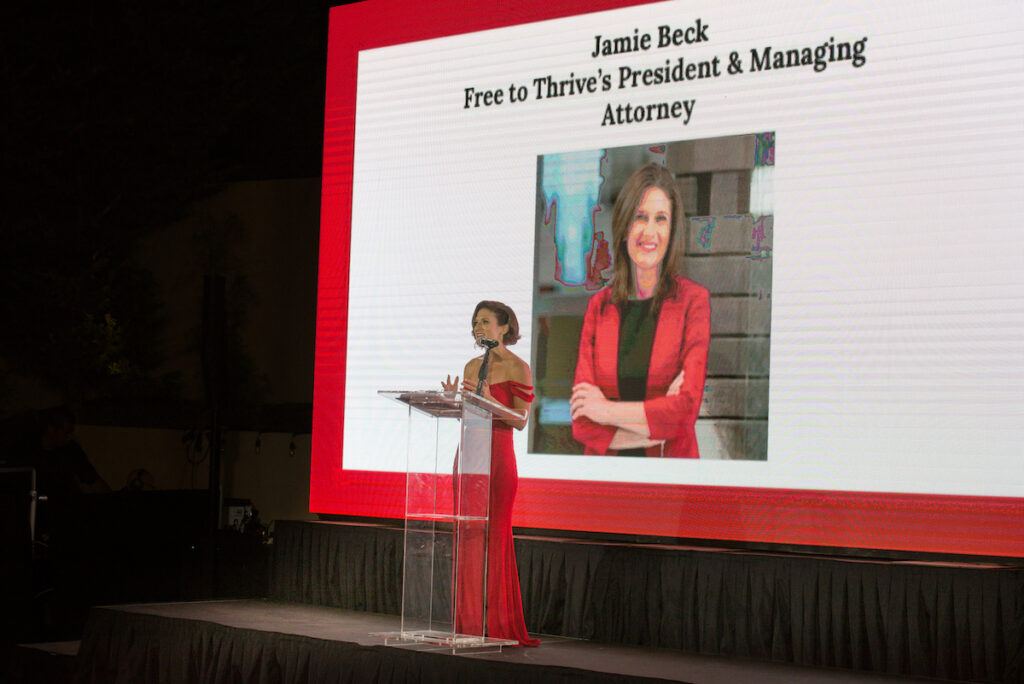

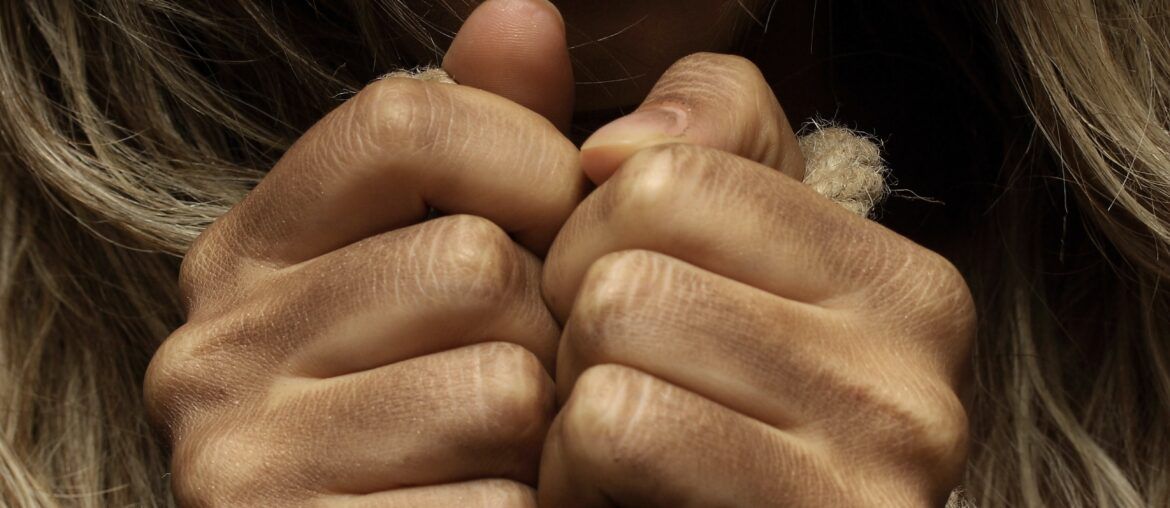
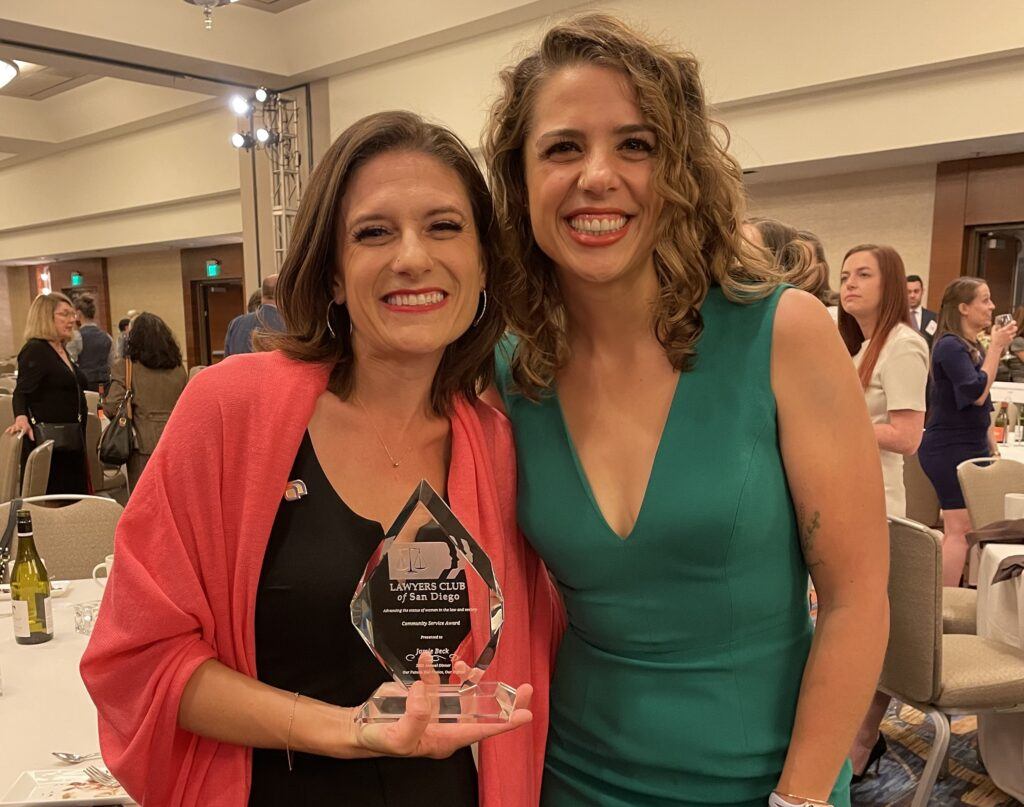
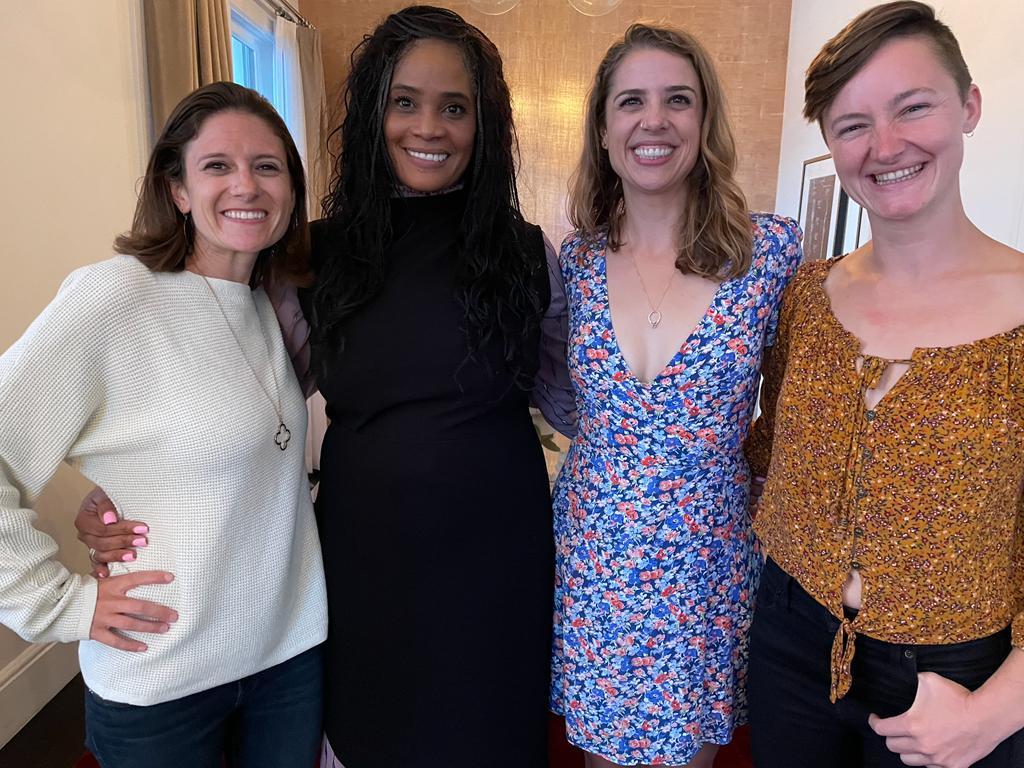 I applied for this funding. I had a name of a nonprofit, I filed articles of incorporation. I’ve created this nonprofit but I don’t have a board, I just have a name. I had a vision and I understood what the services that we’d offer and how we deliver them. We just didn’t have the funding to do it or the organizational structure to do it.
I applied for this funding. I had a name of a nonprofit, I filed articles of incorporation. I’ve created this nonprofit but I don’t have a board, I just have a name. I had a vision and I understood what the services that we’d offer and how we deliver them. We just didn’t have the funding to do it or the organizational structure to do it.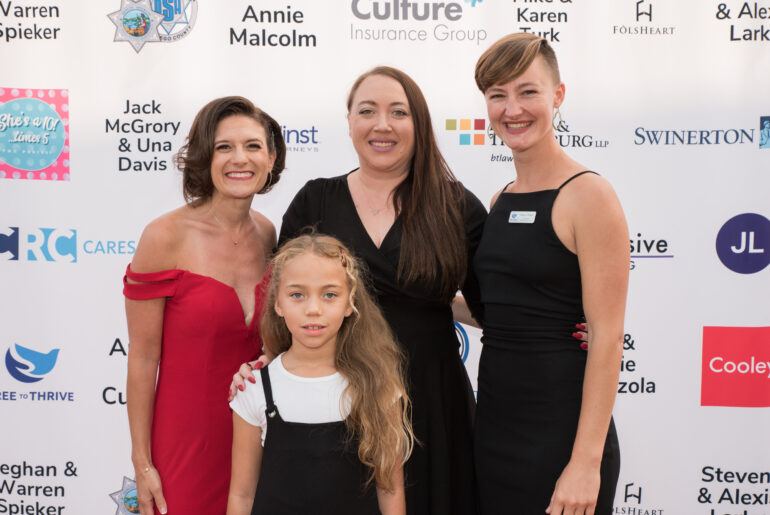
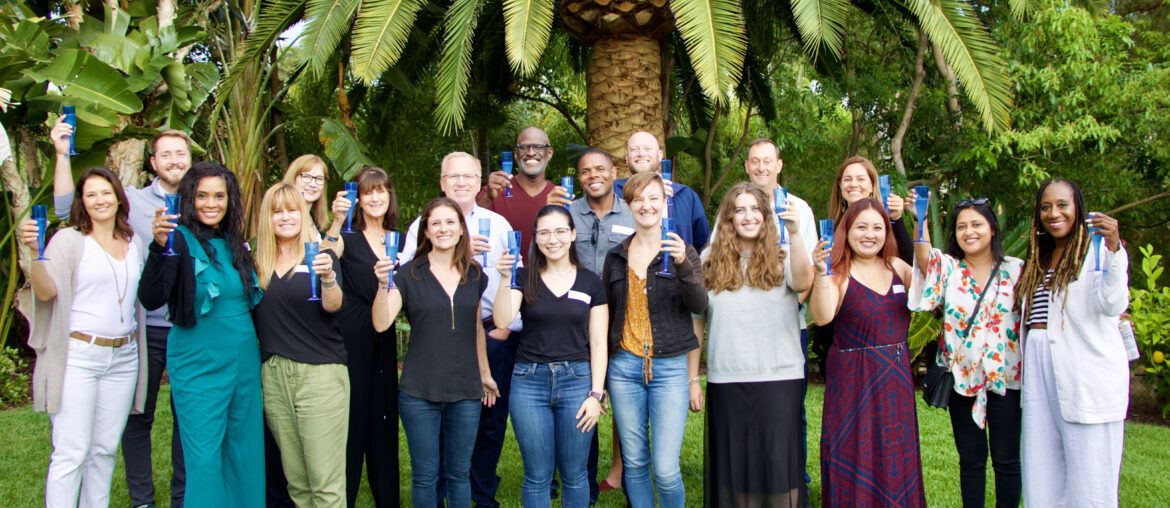
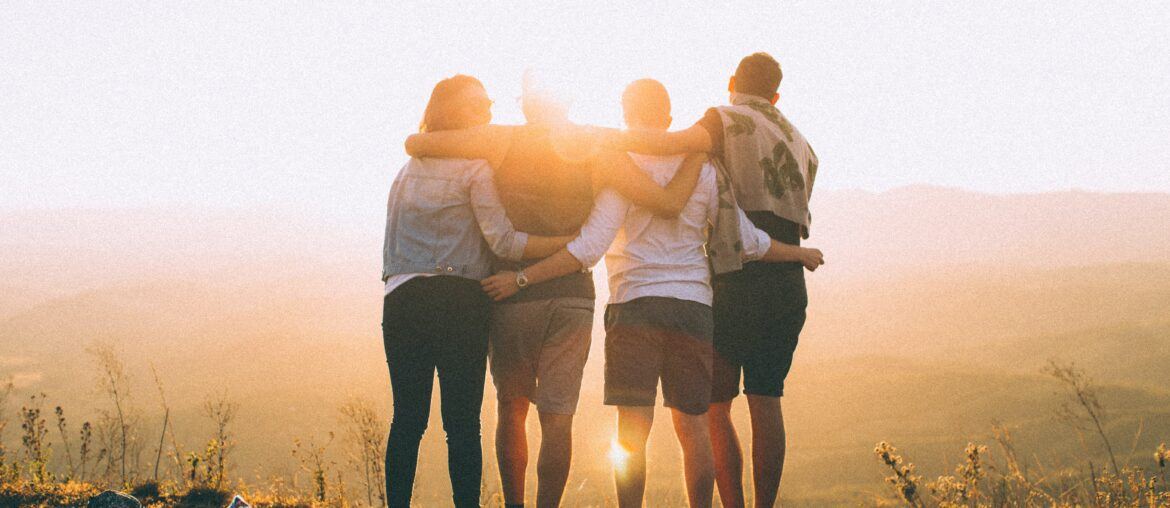
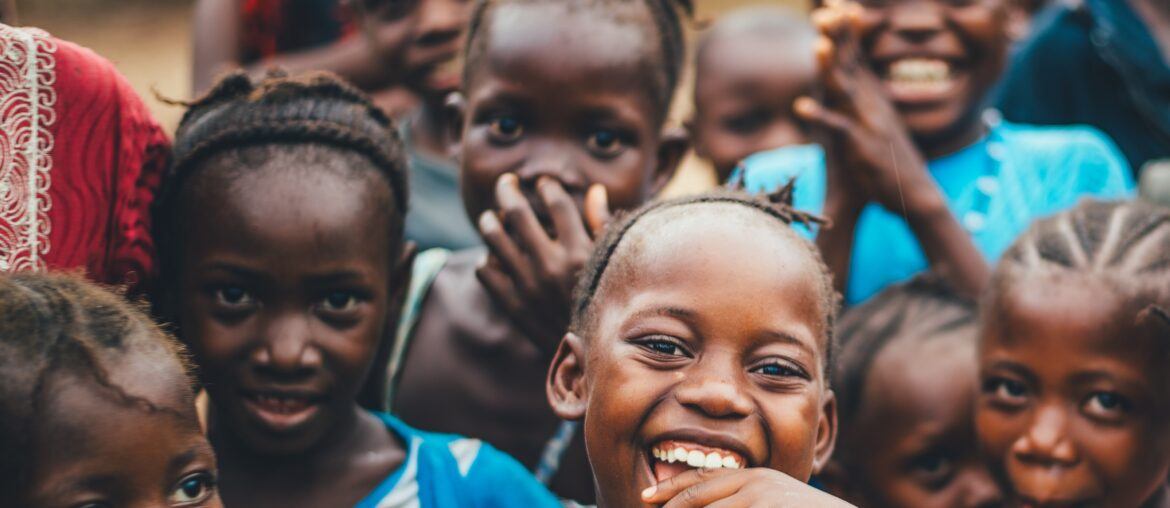
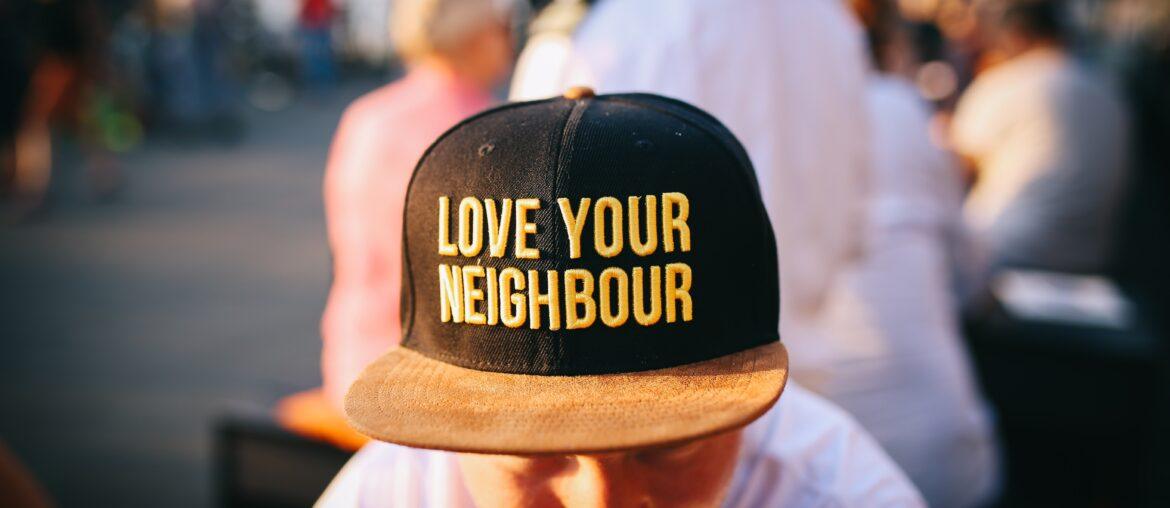
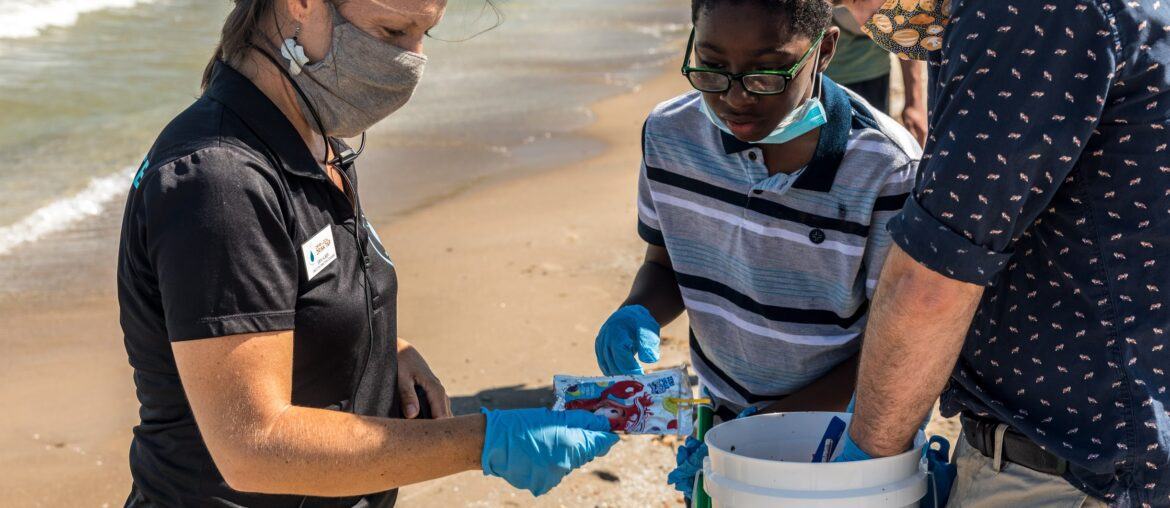
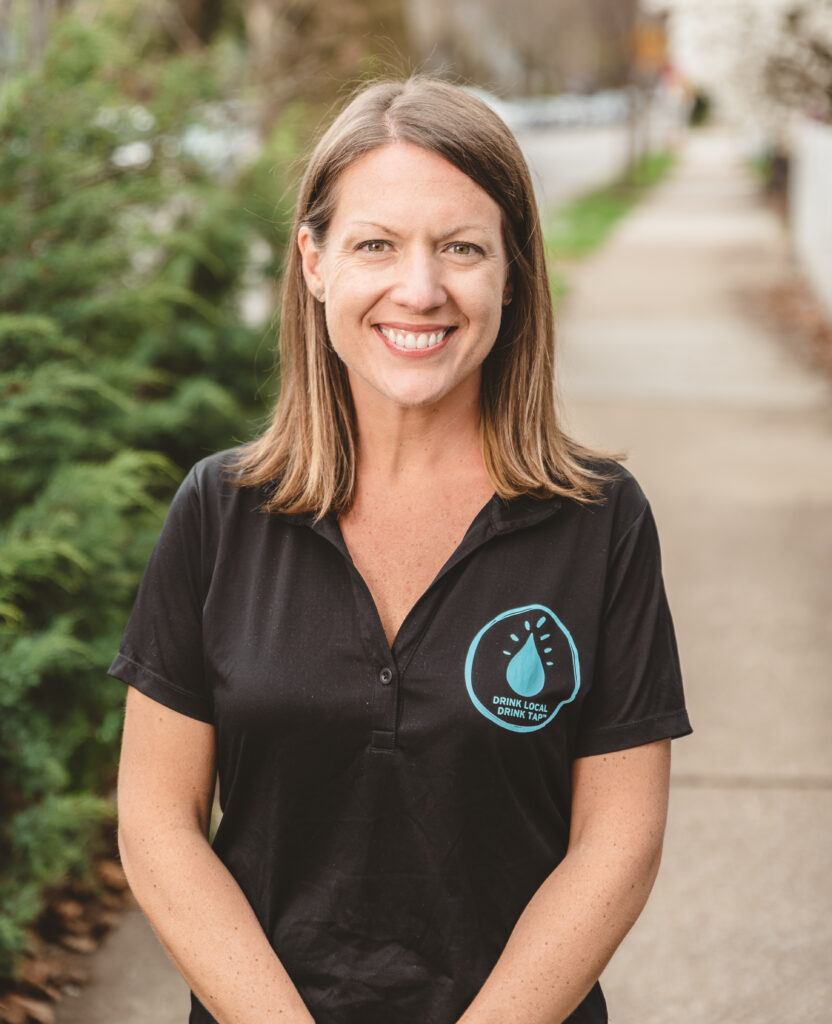
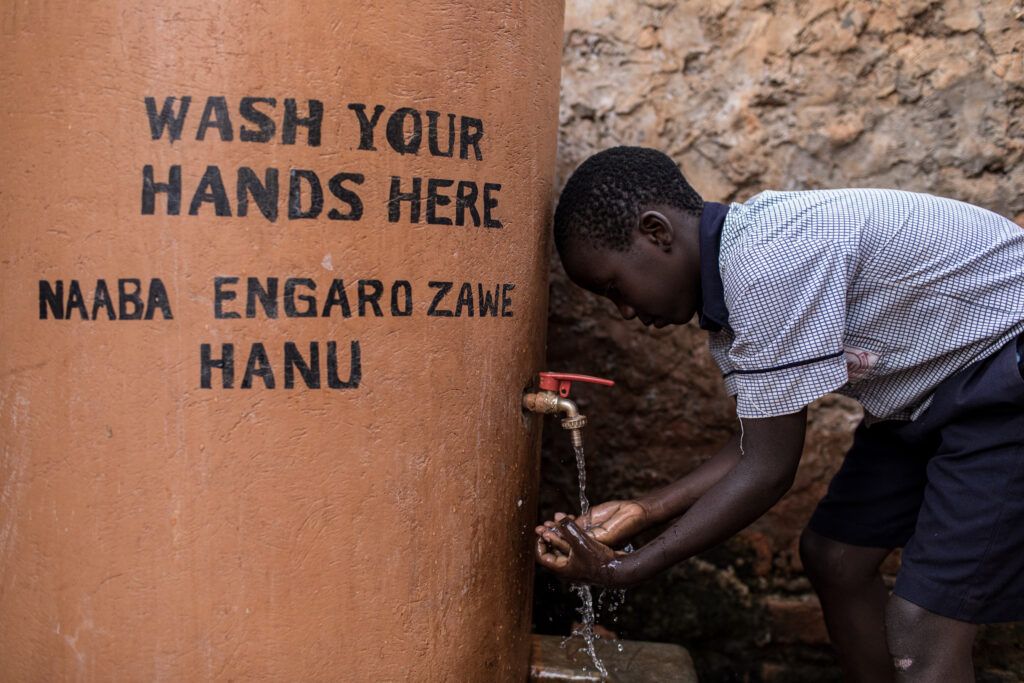
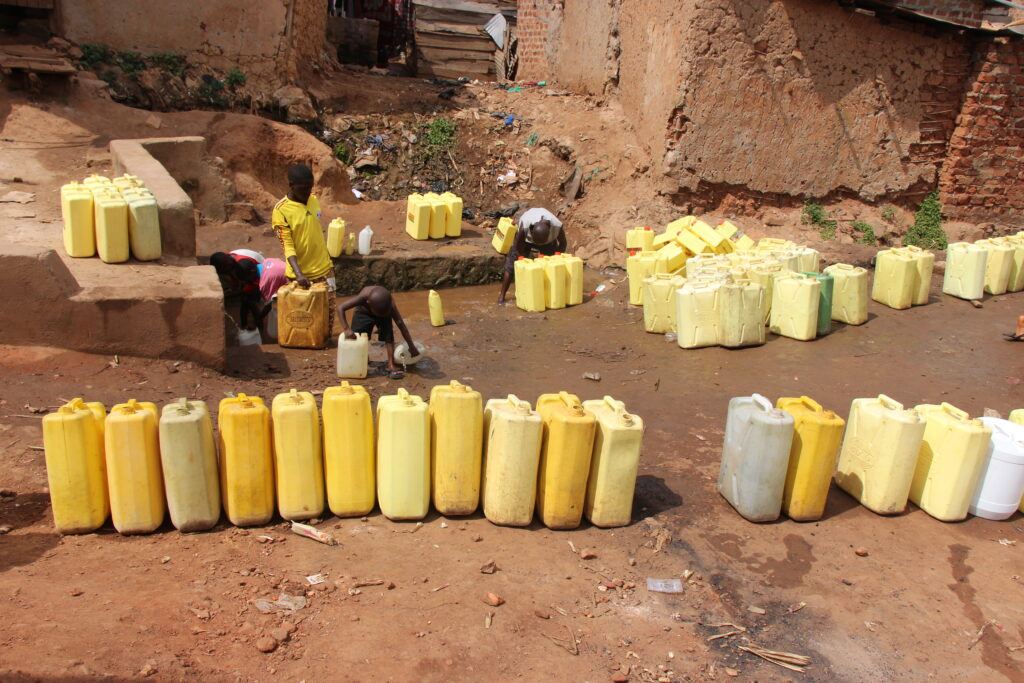
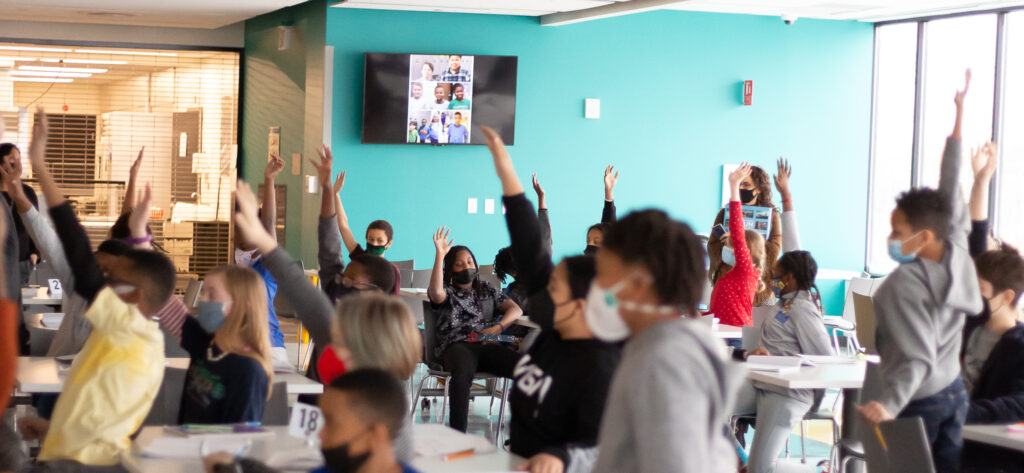
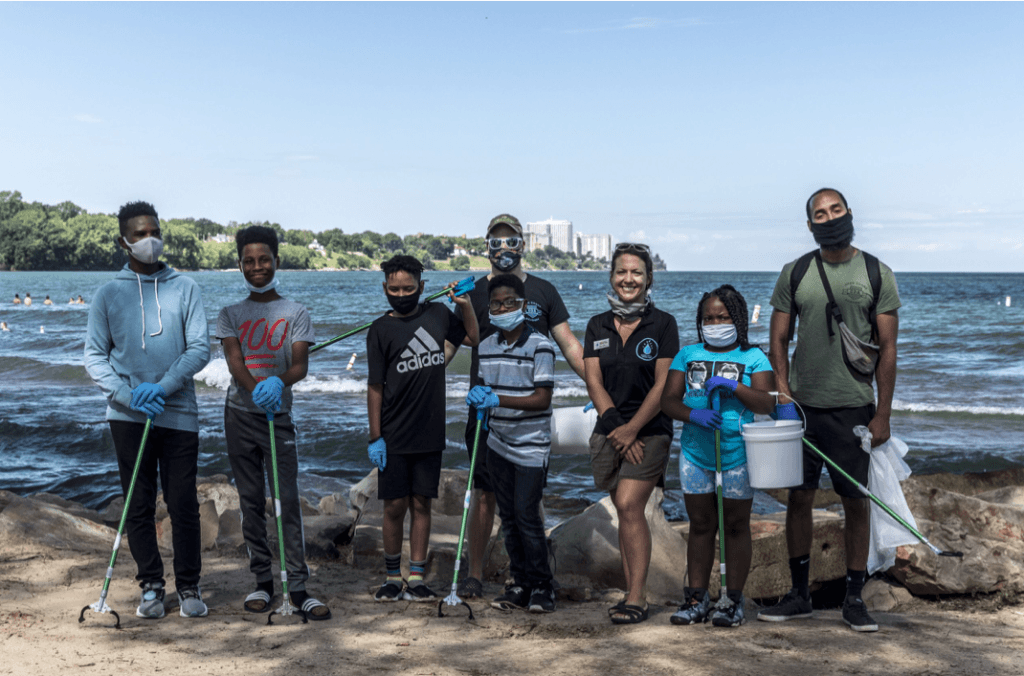
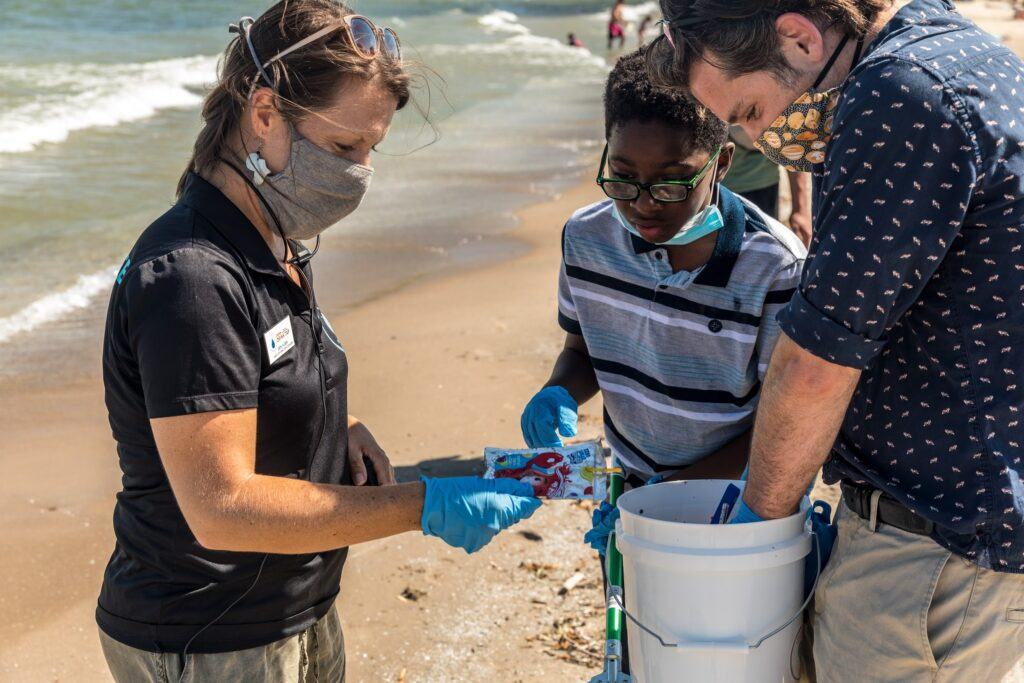
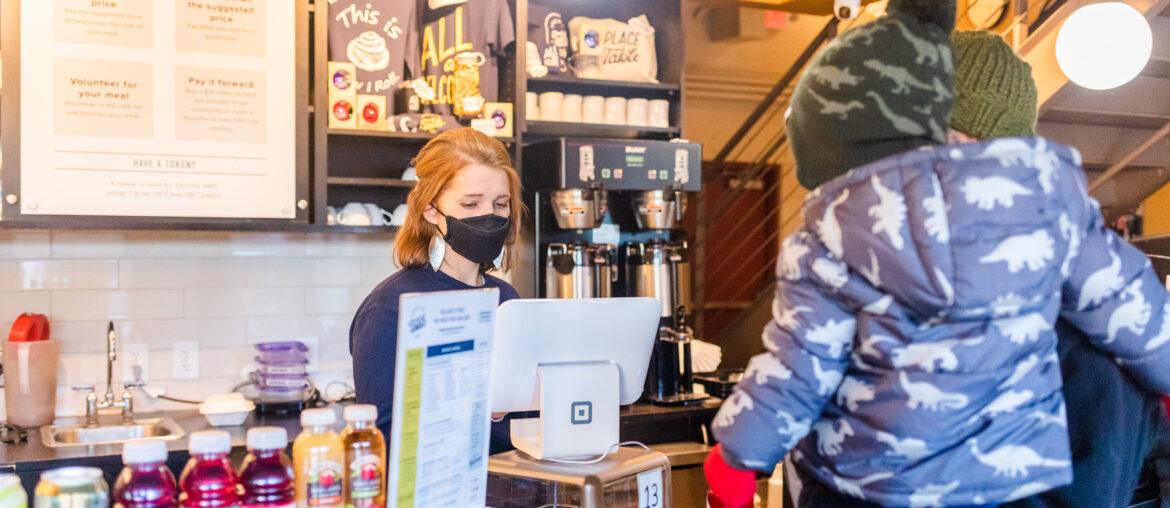
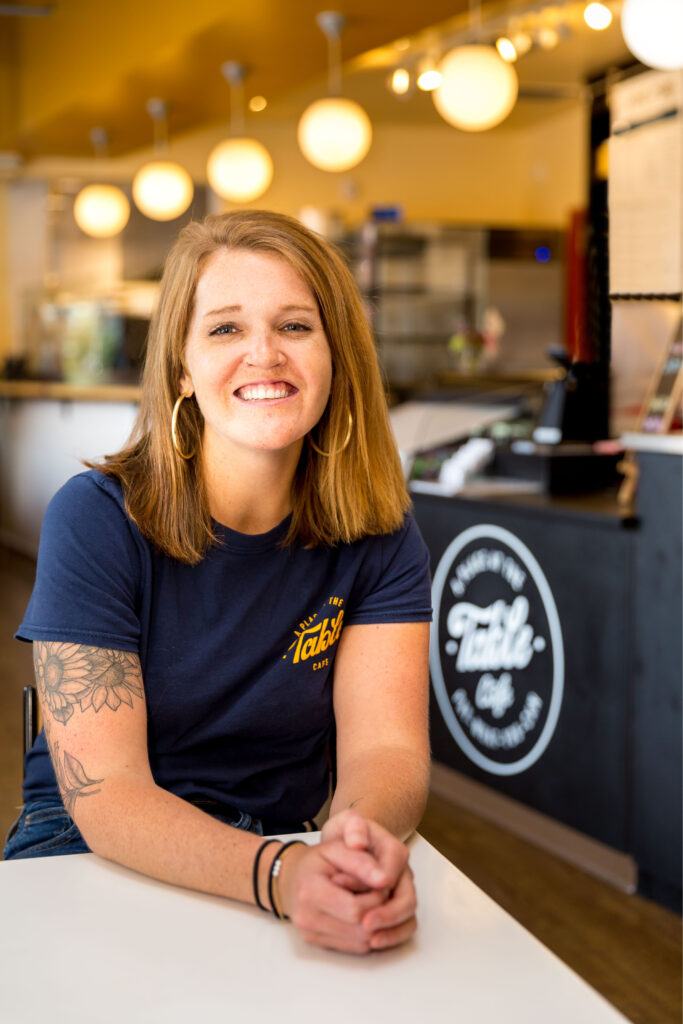
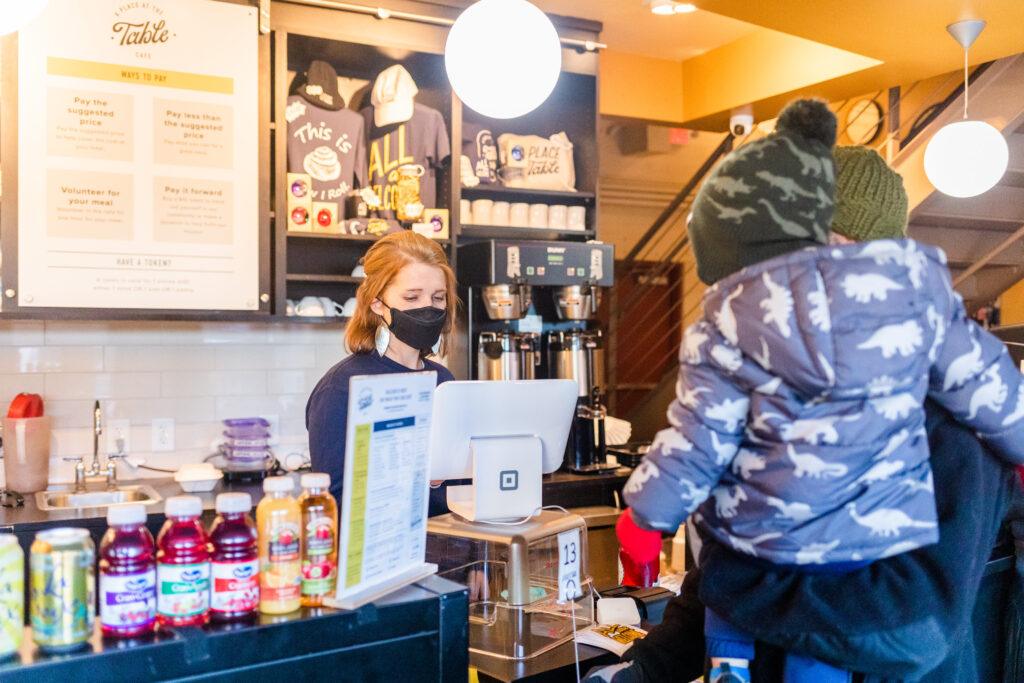
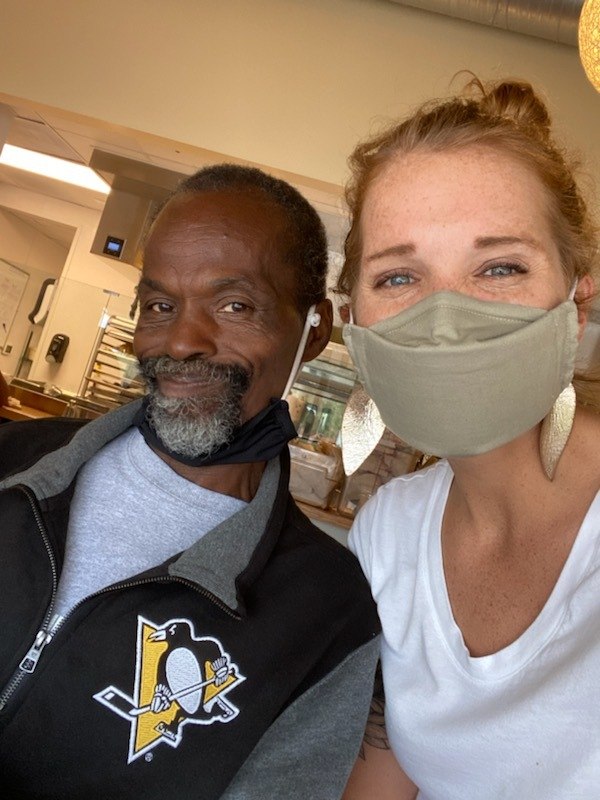
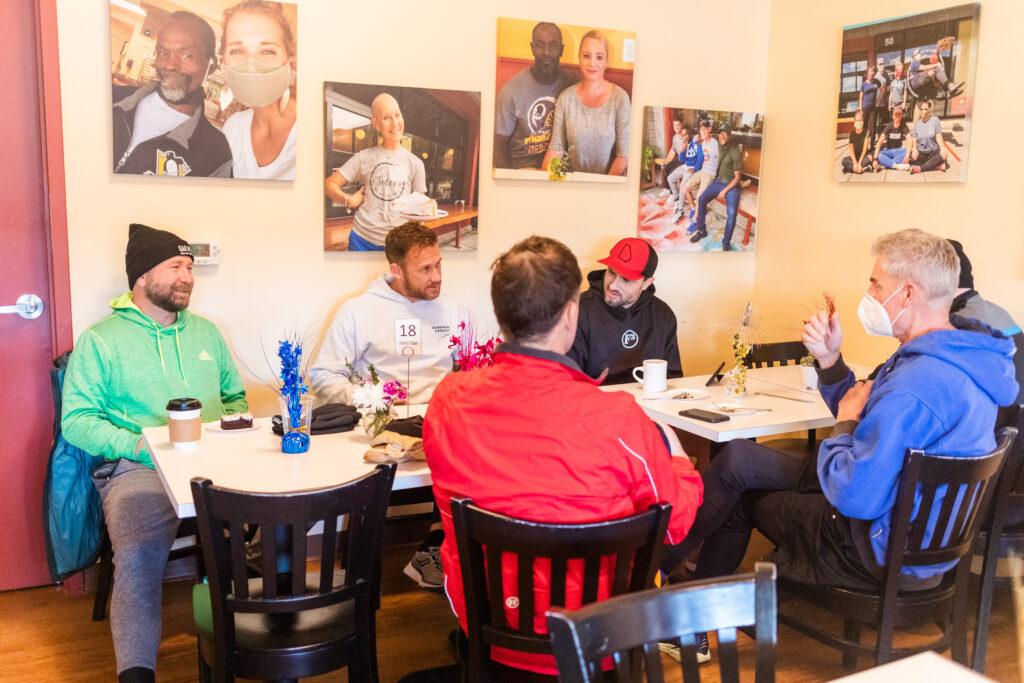
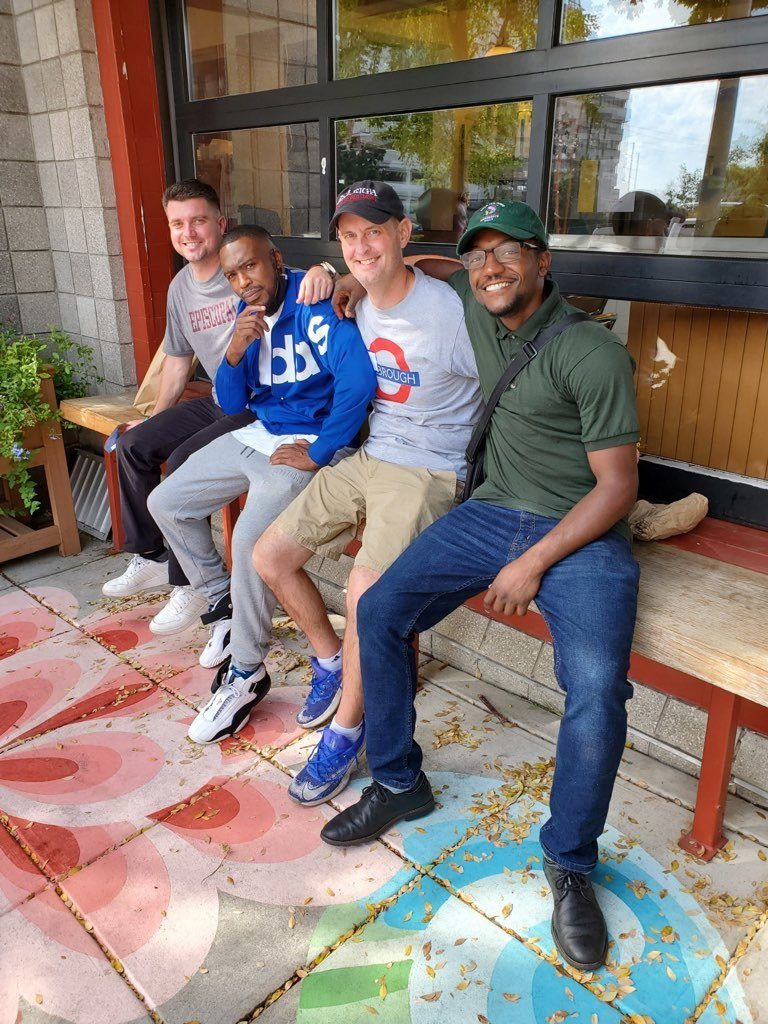 They all encouraged me and said this a fantastic job and this is what the community needs. So, I definitely think people people is one. And then I think also, it’s people who aren’t going to eat tomorrow. It was knowing their stories, sitting with them, hearing him. It’s those relationships. I feel like I’m the luckiest person, I said this before but I have the best job.
They all encouraged me and said this a fantastic job and this is what the community needs. So, I definitely think people people is one. And then I think also, it’s people who aren’t going to eat tomorrow. It was knowing their stories, sitting with them, hearing him. It’s those relationships. I feel like I’m the luckiest person, I said this before but I have the best job. 